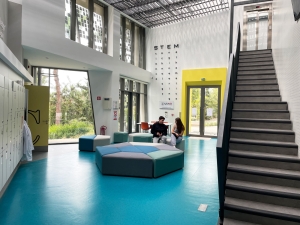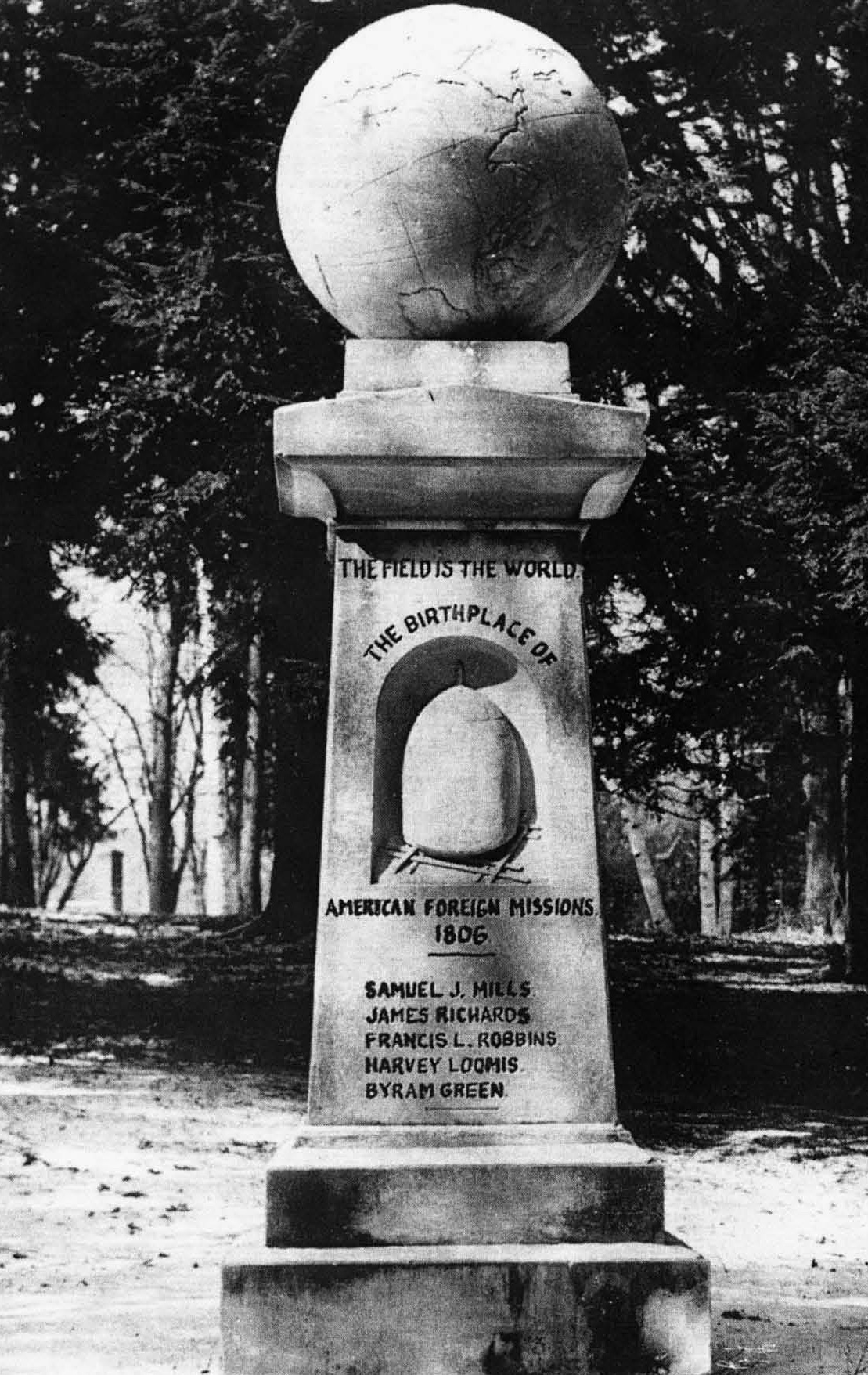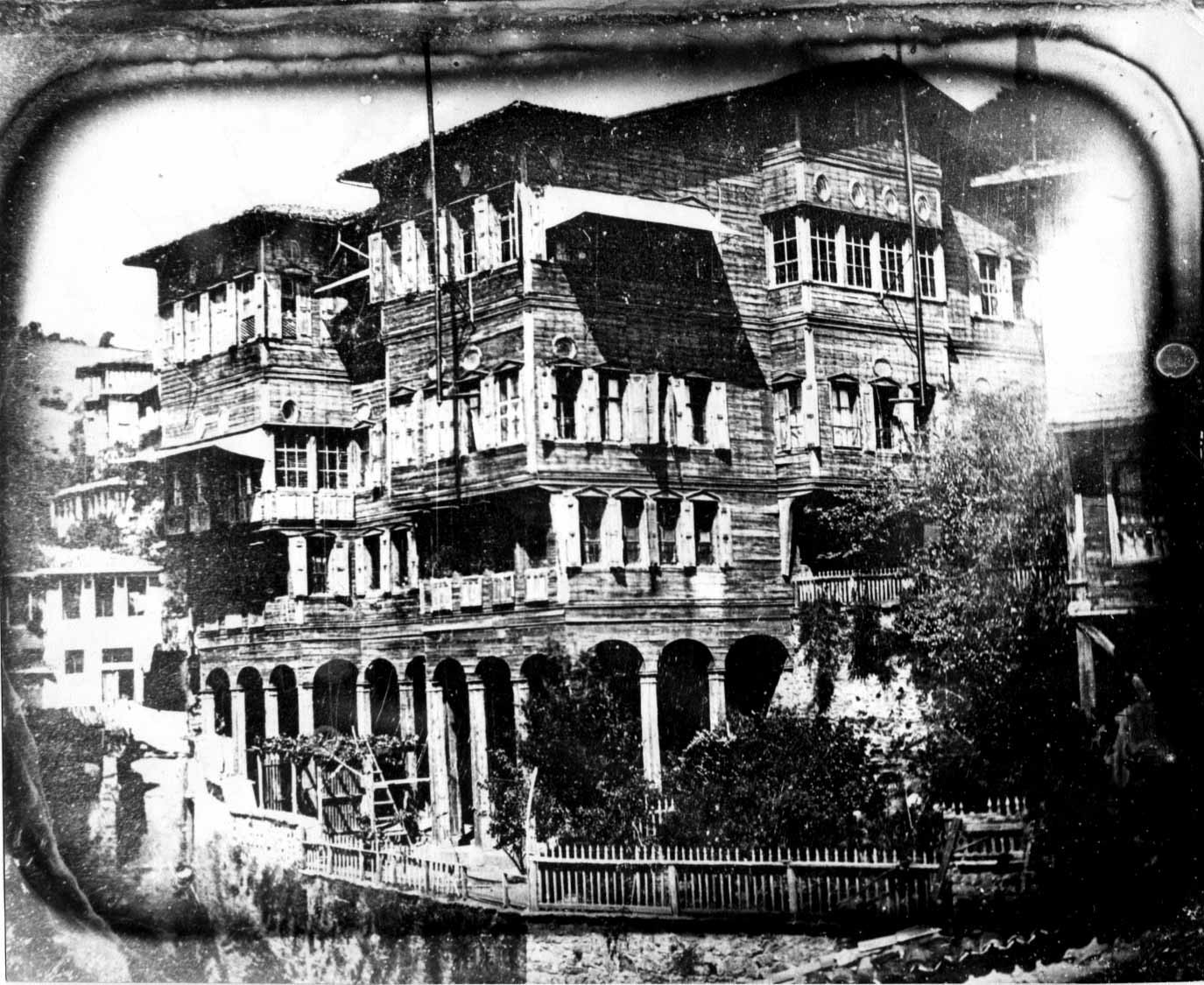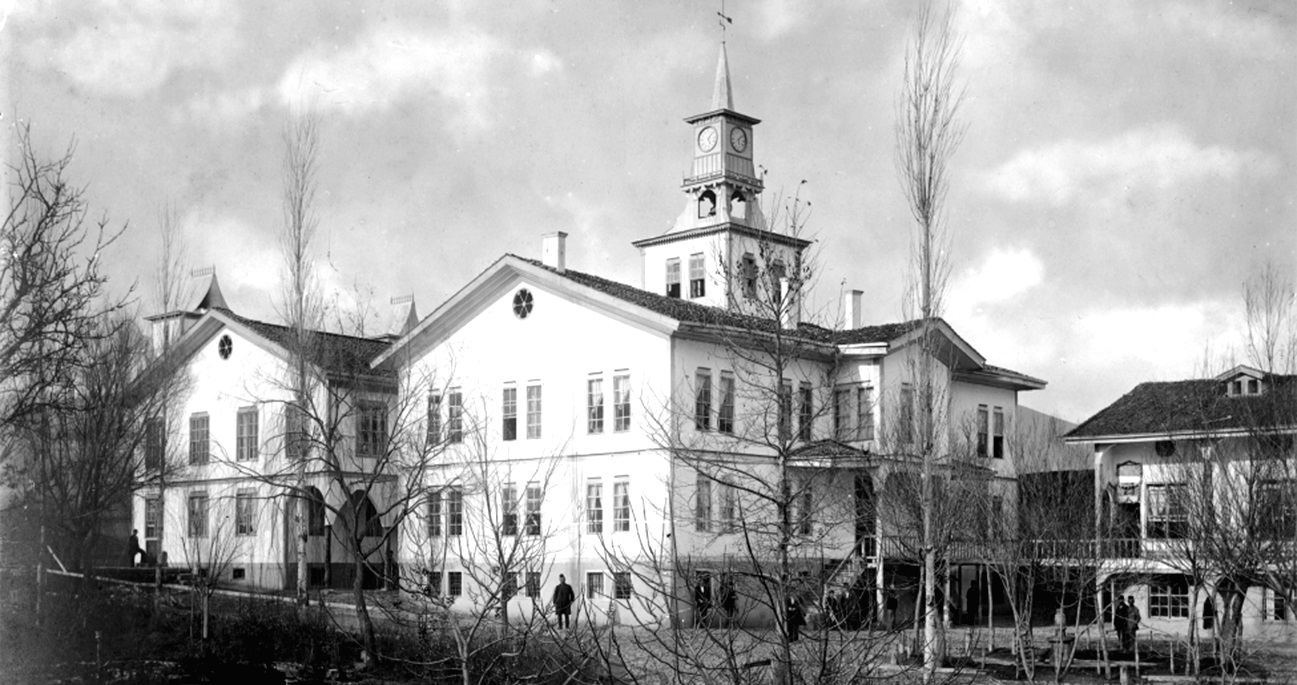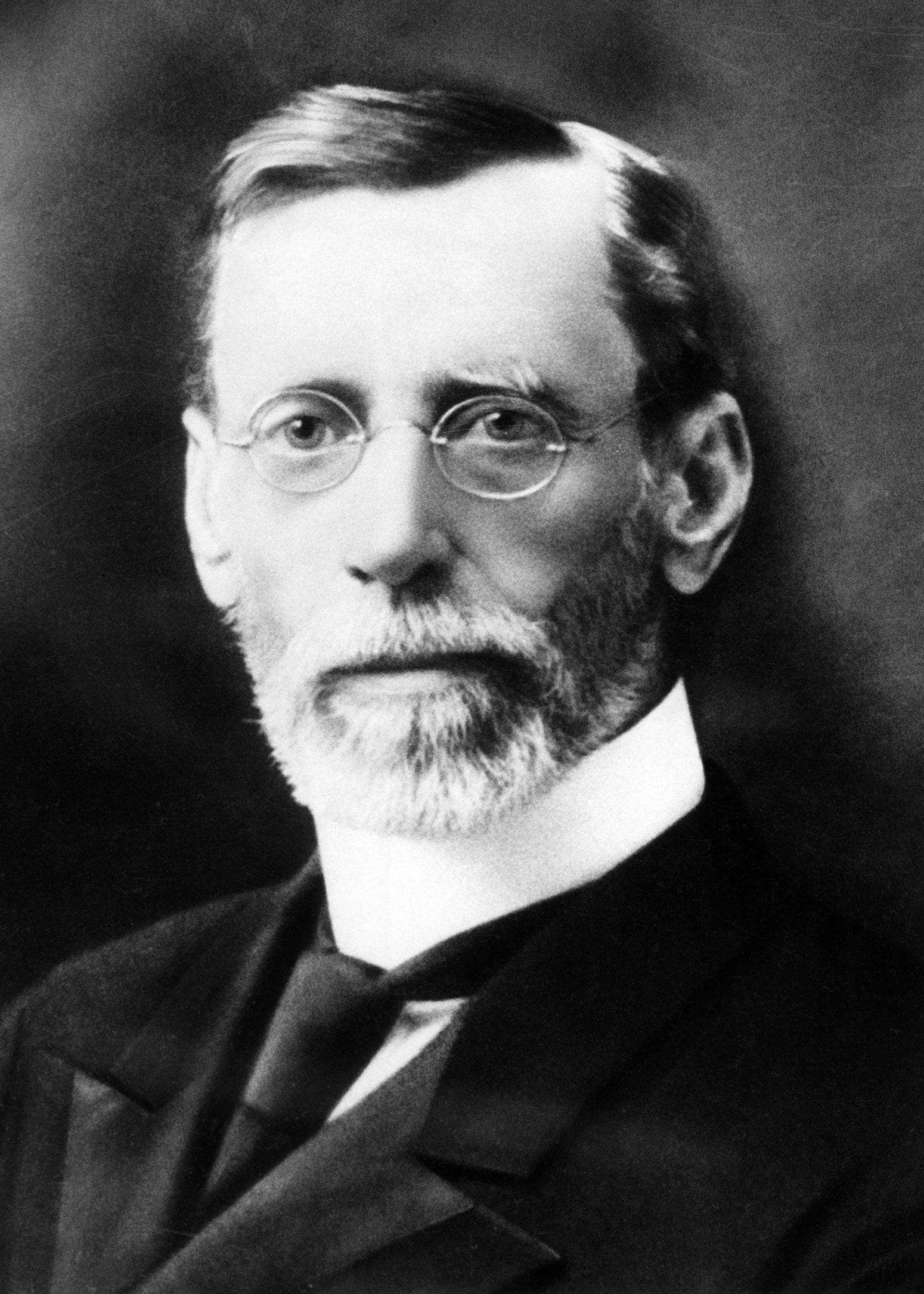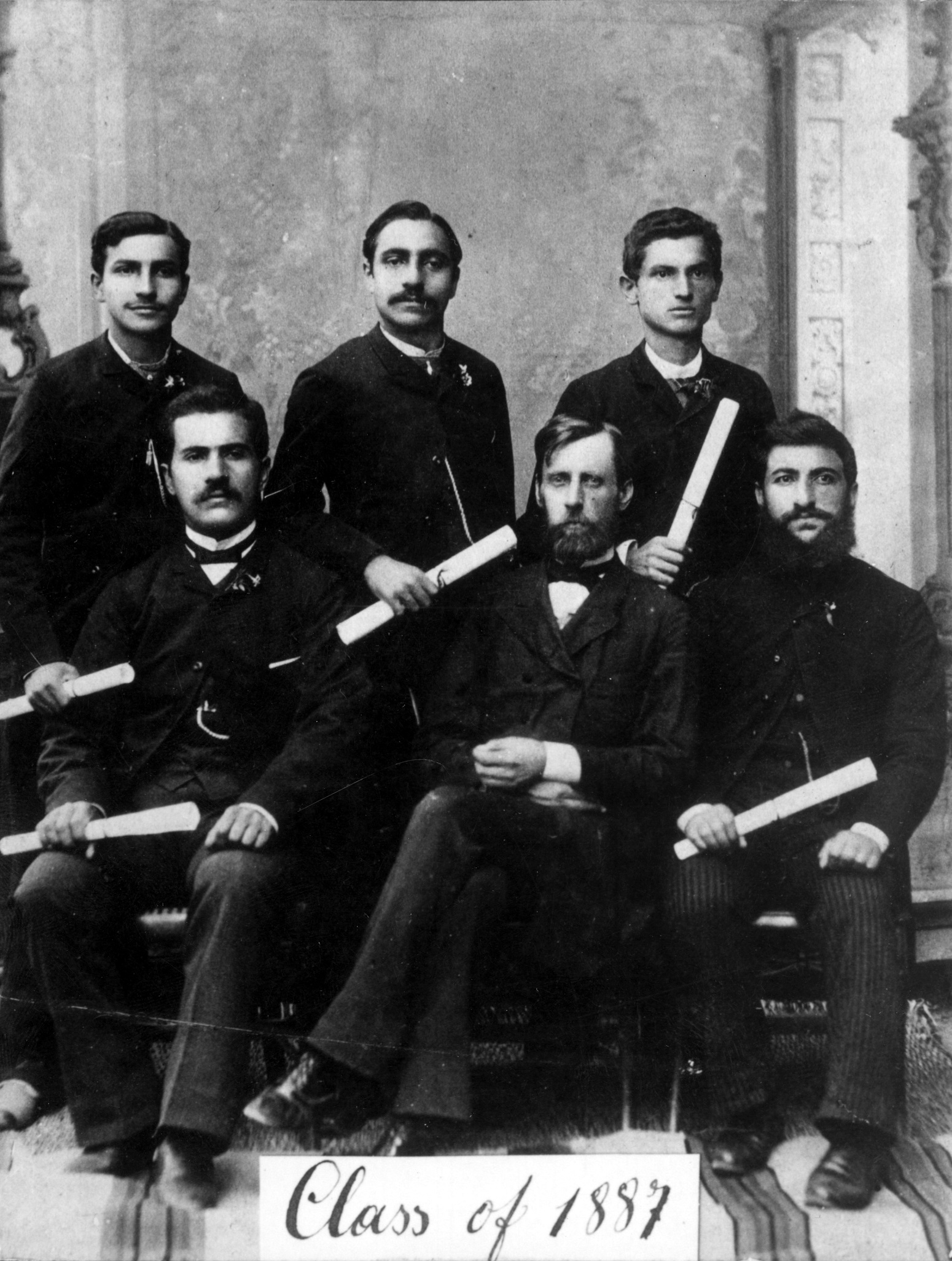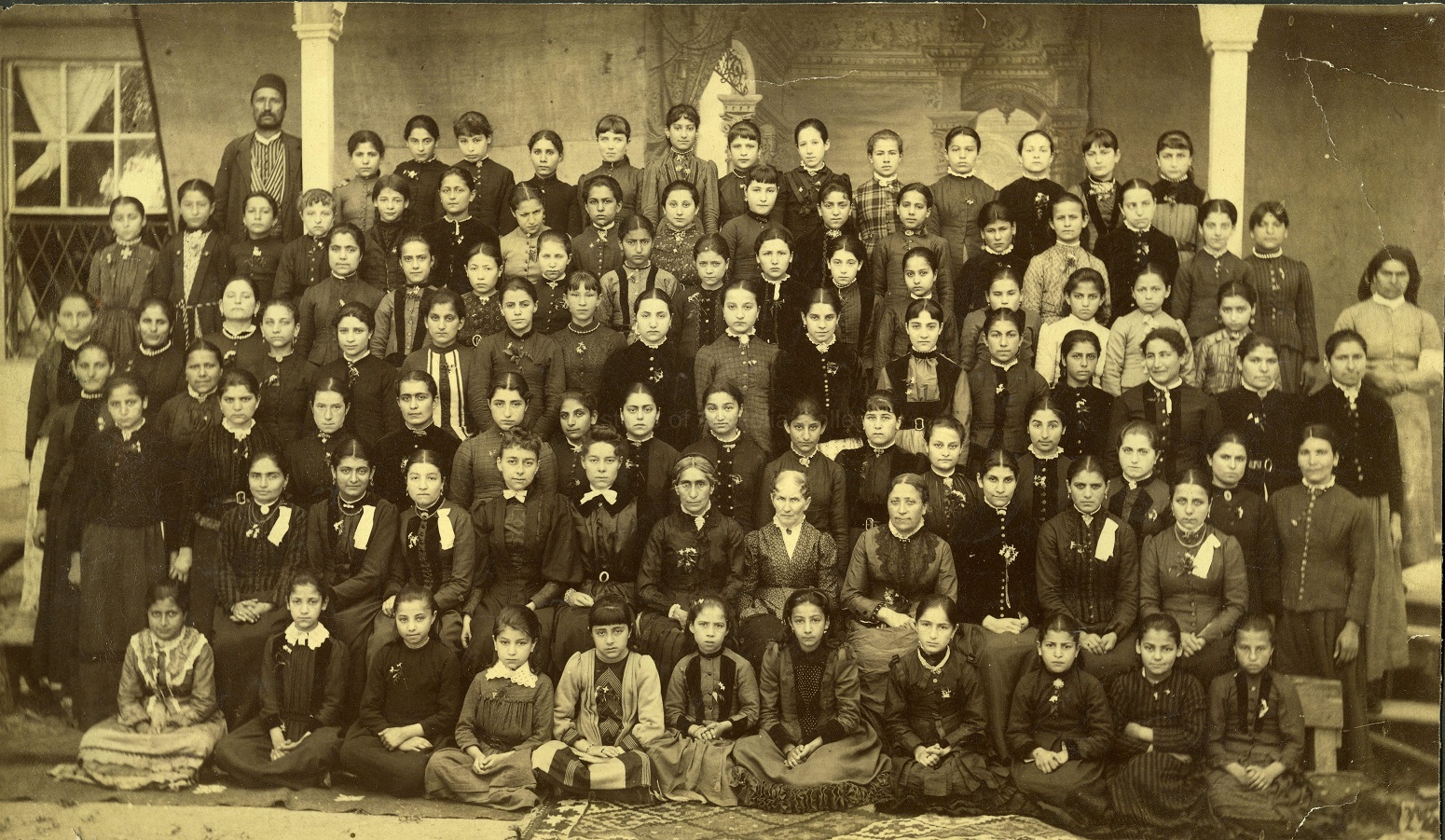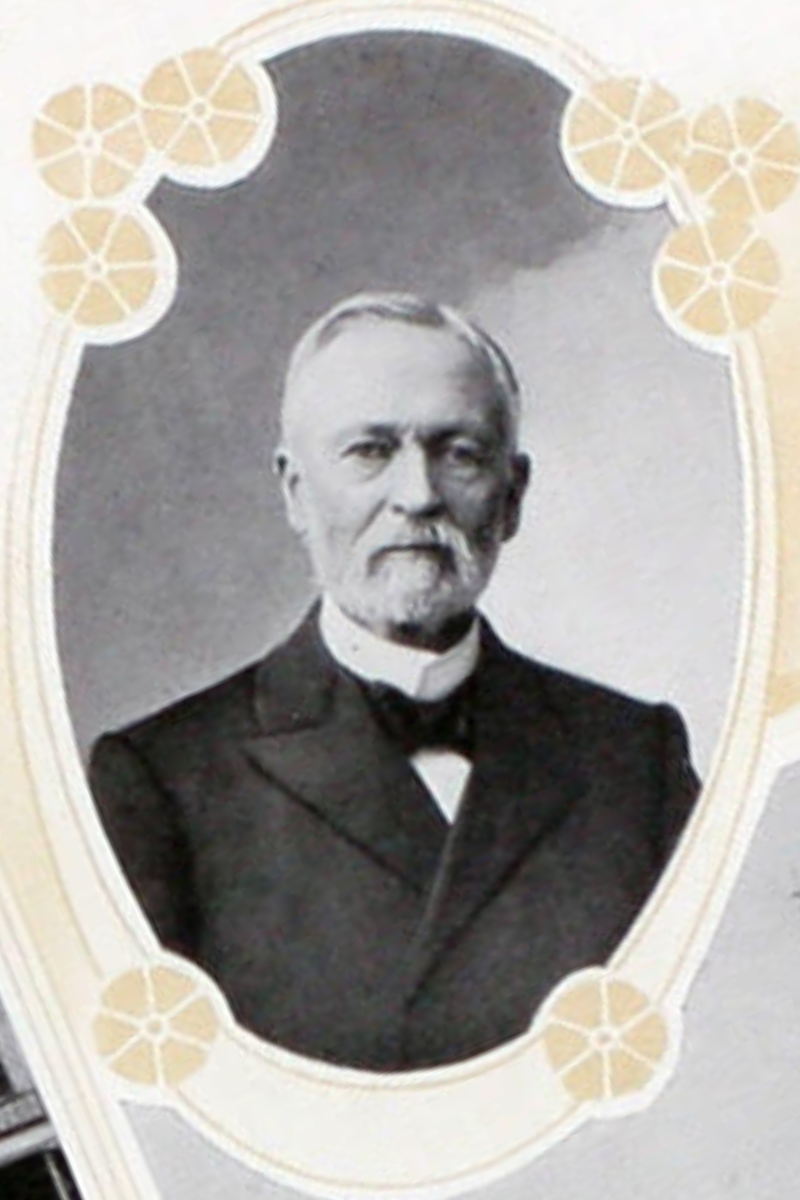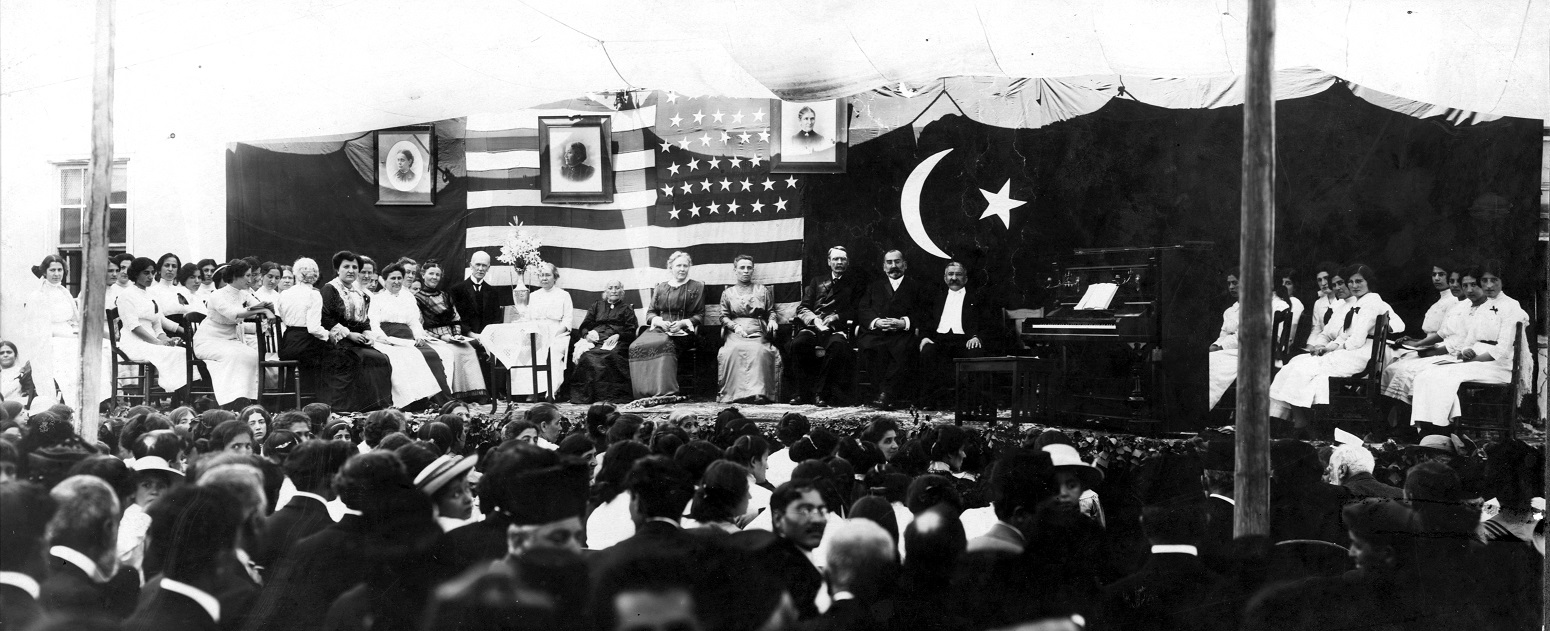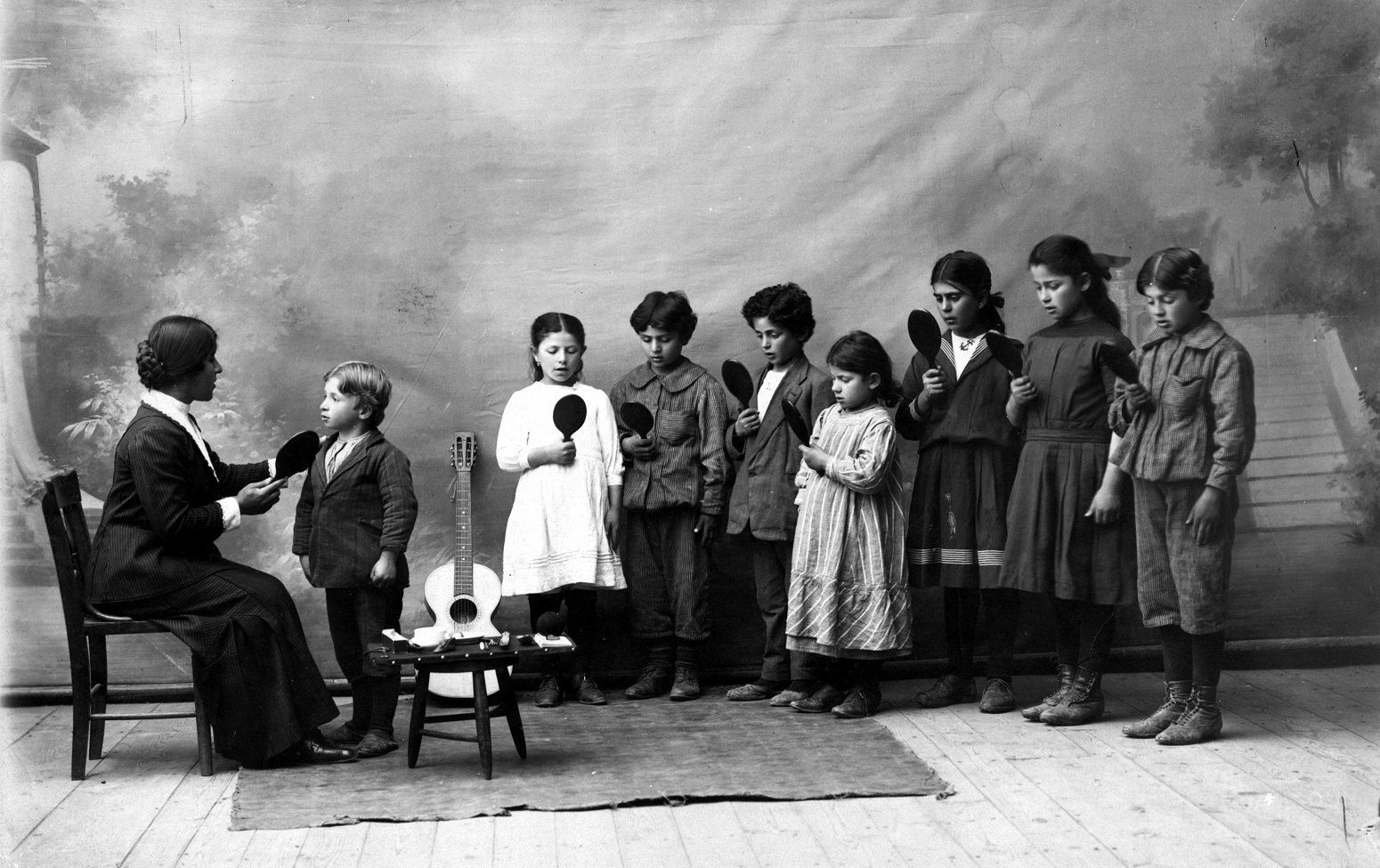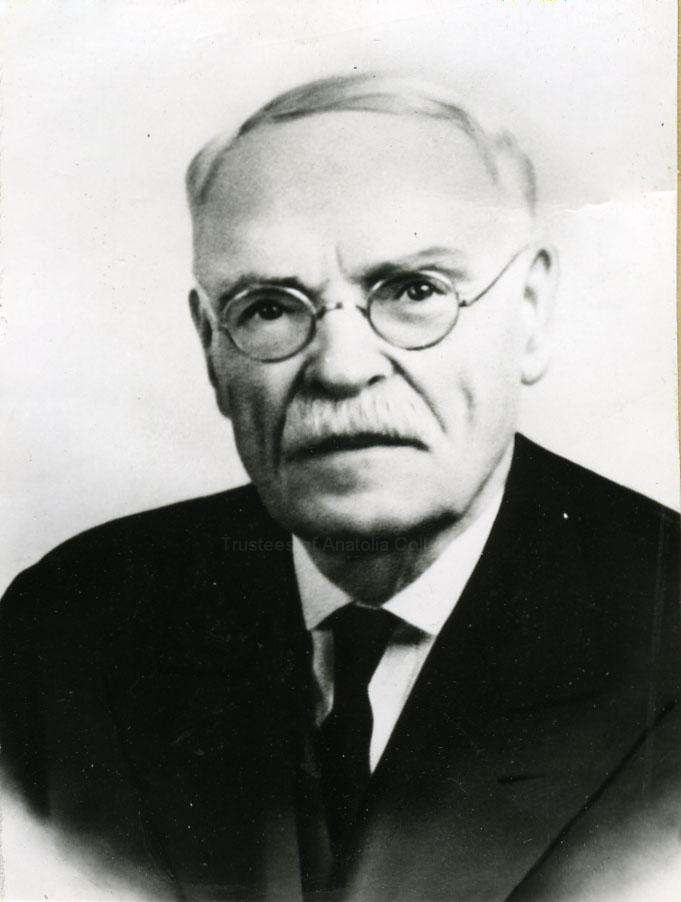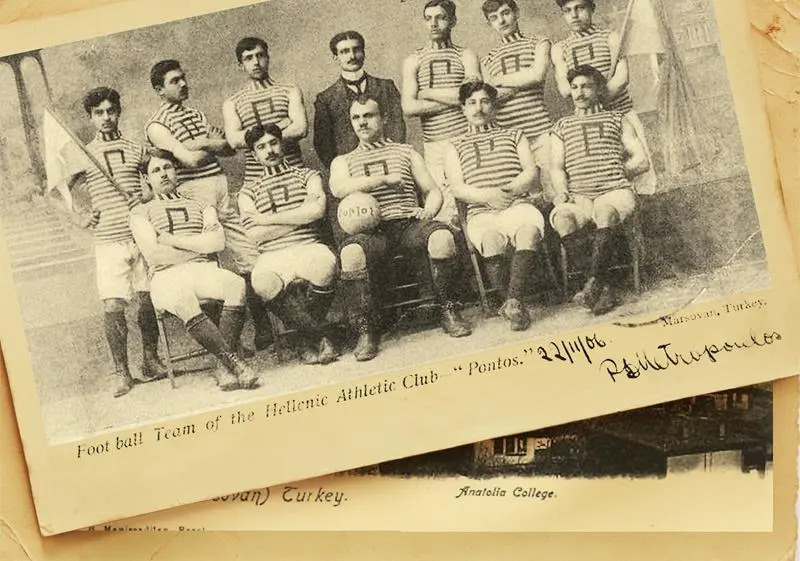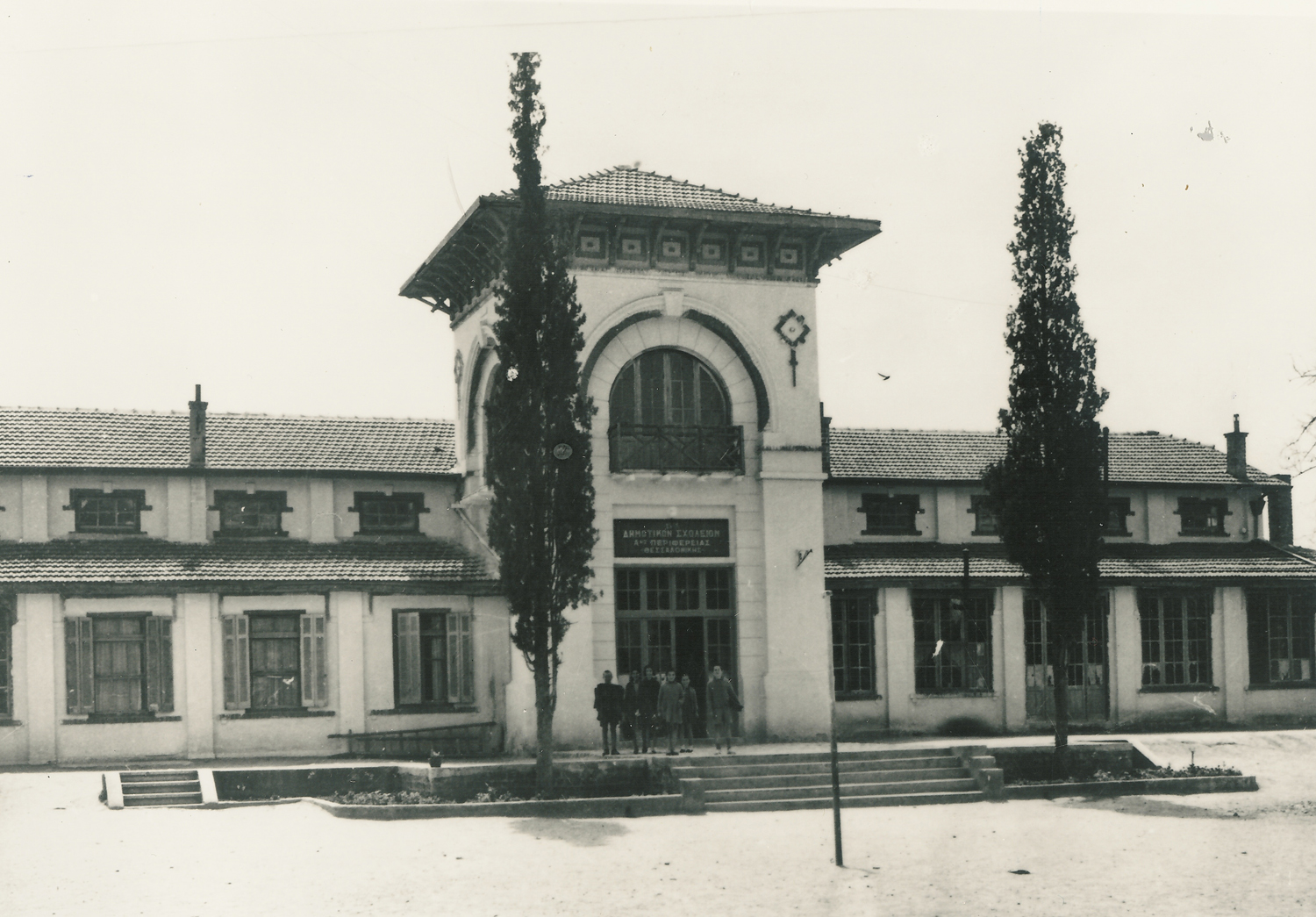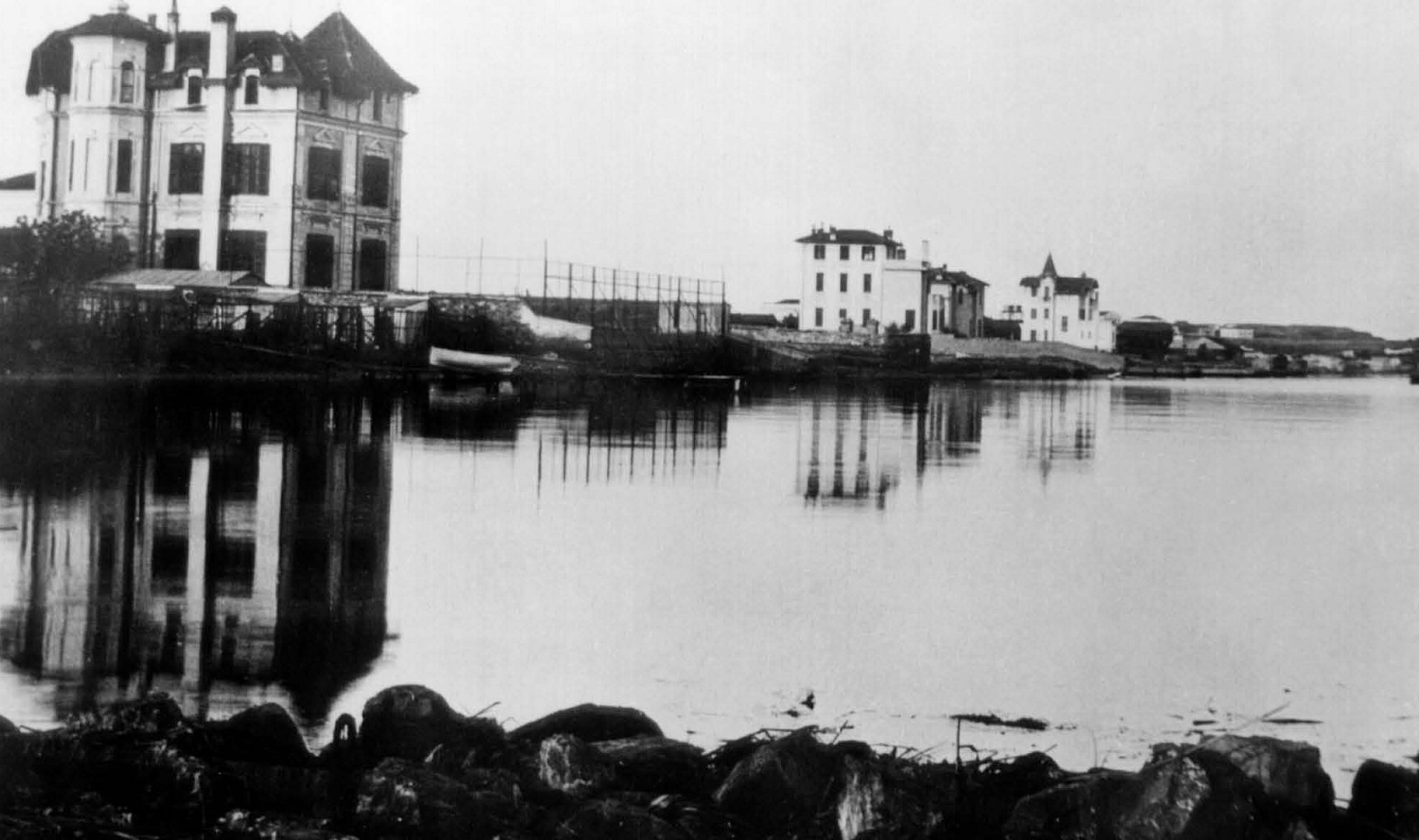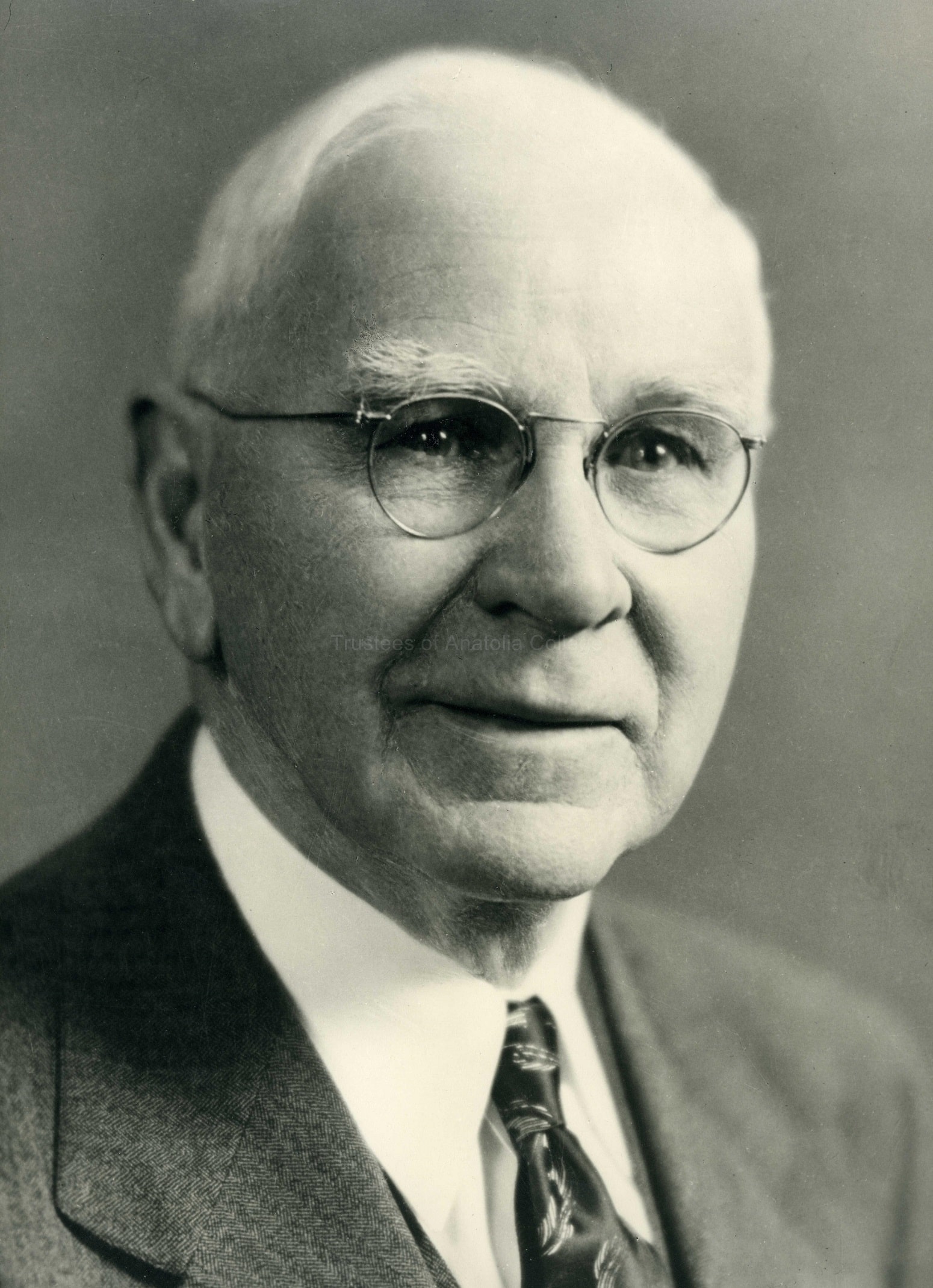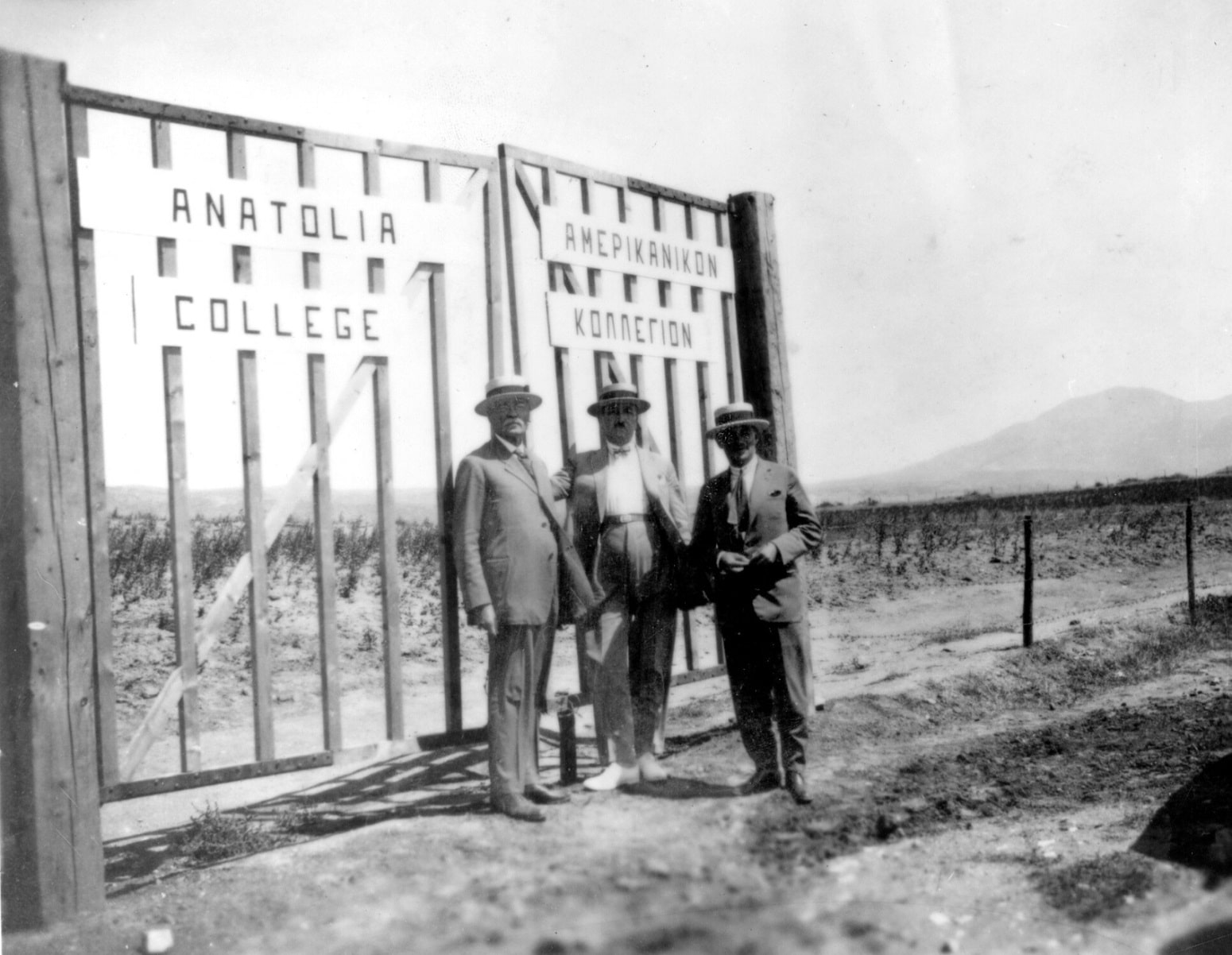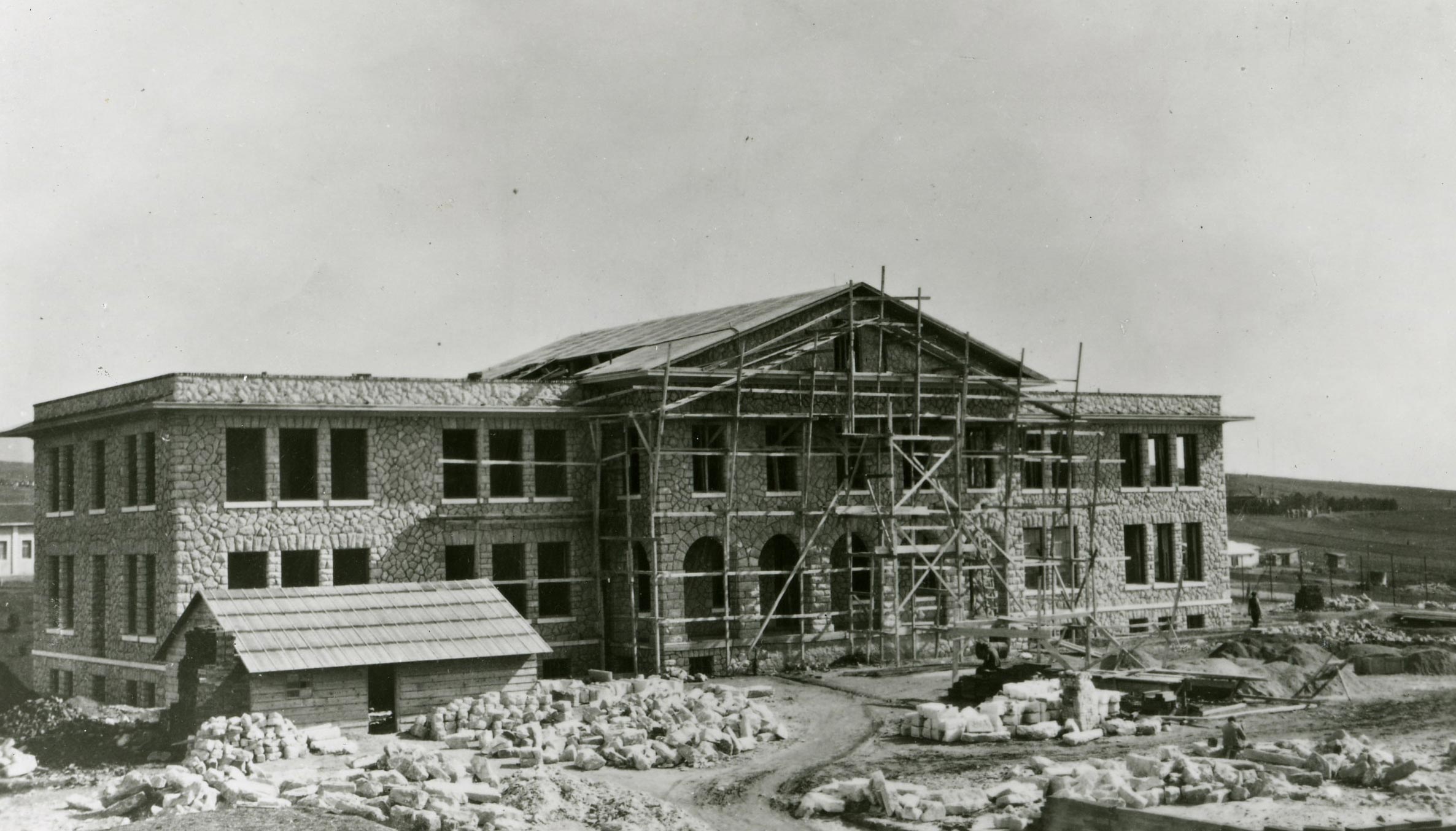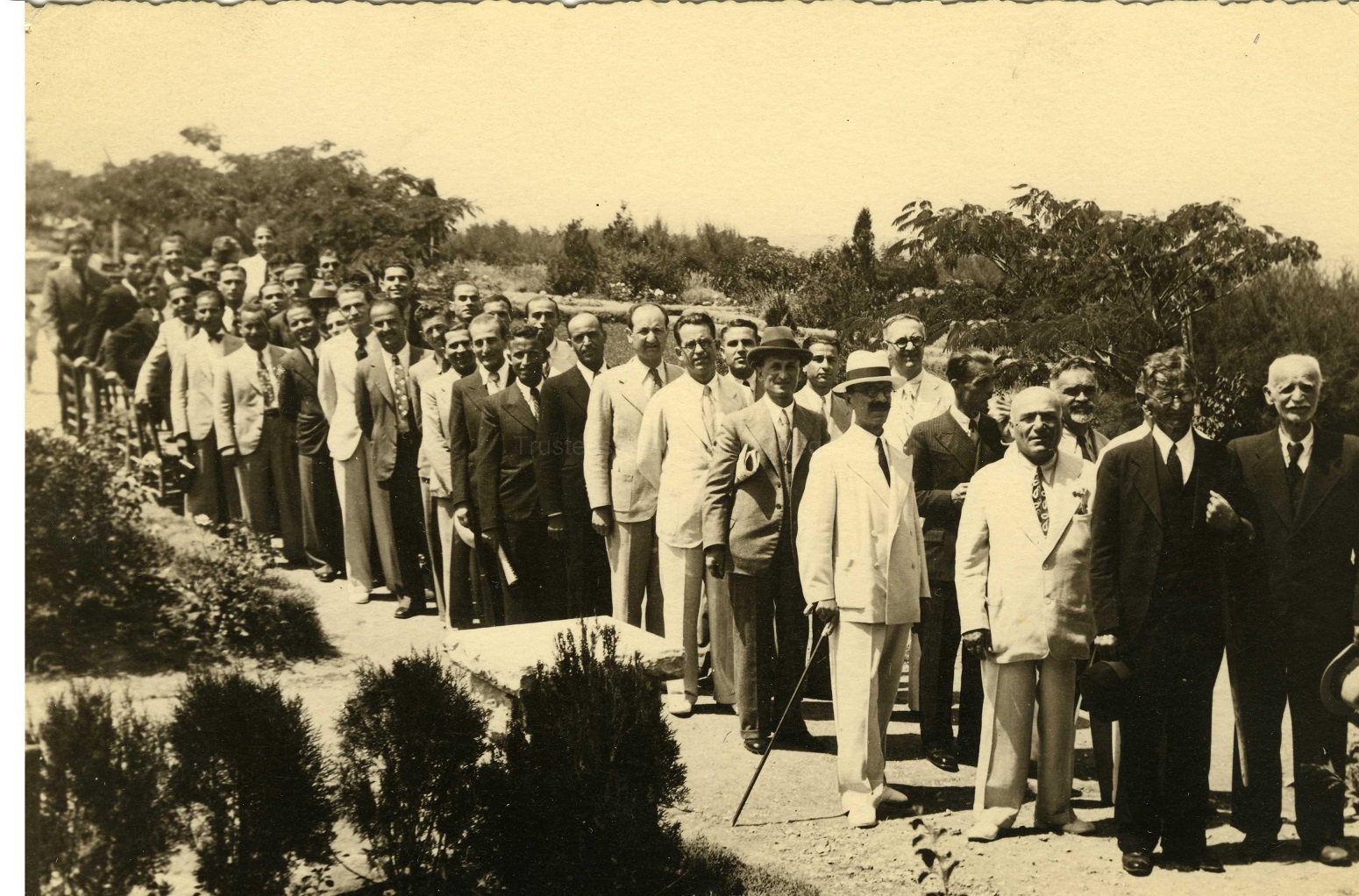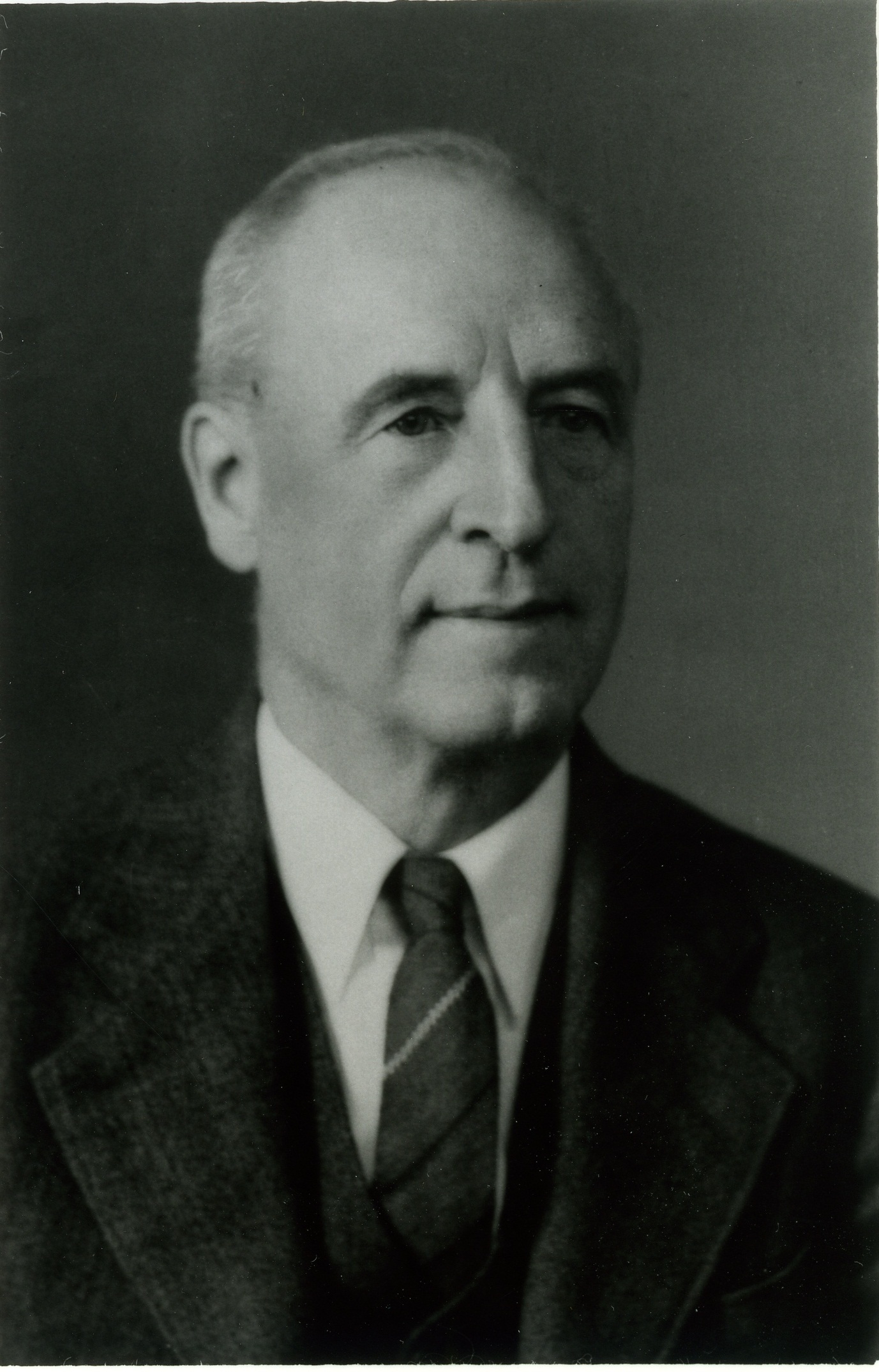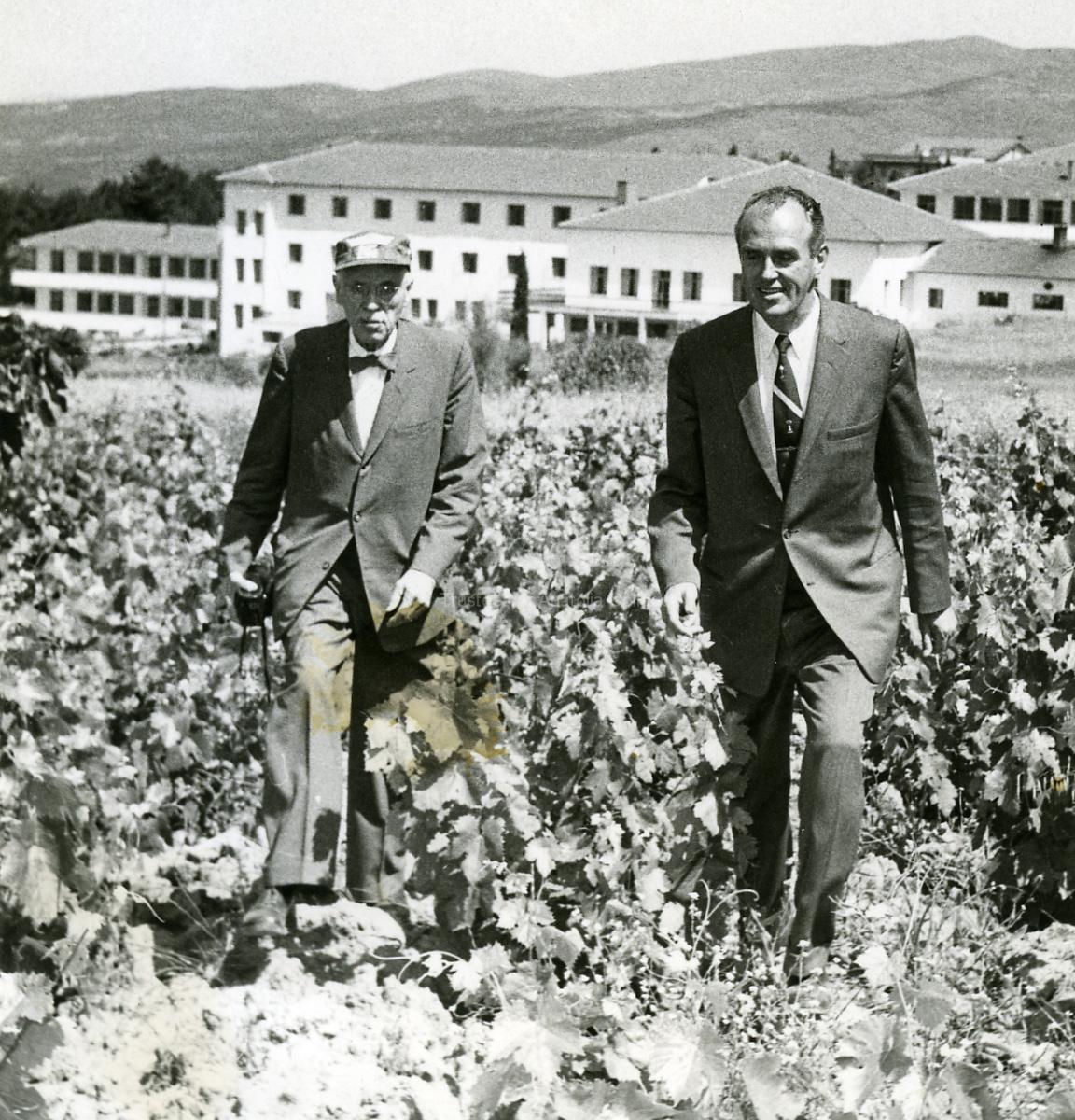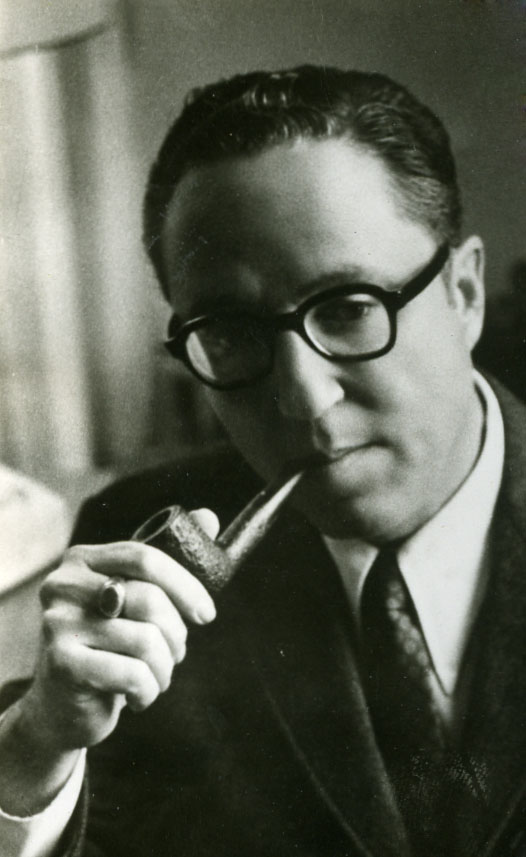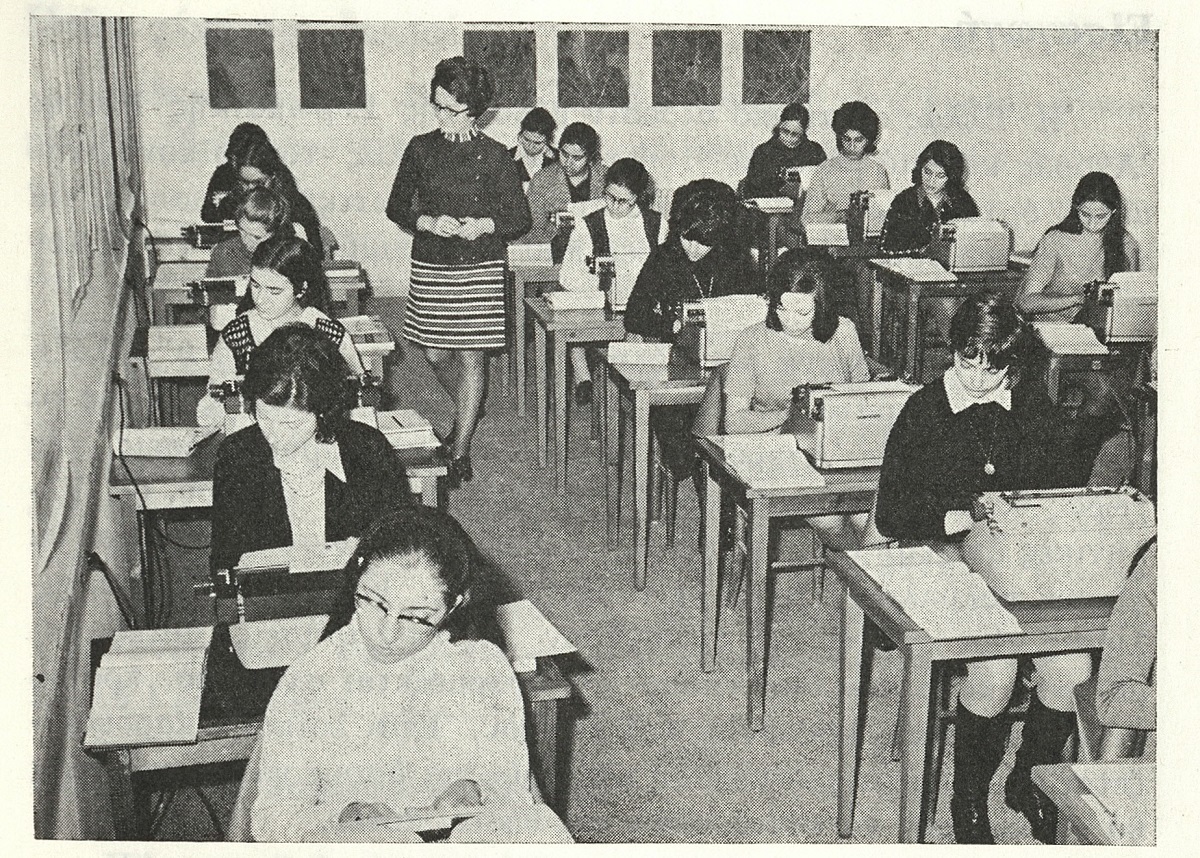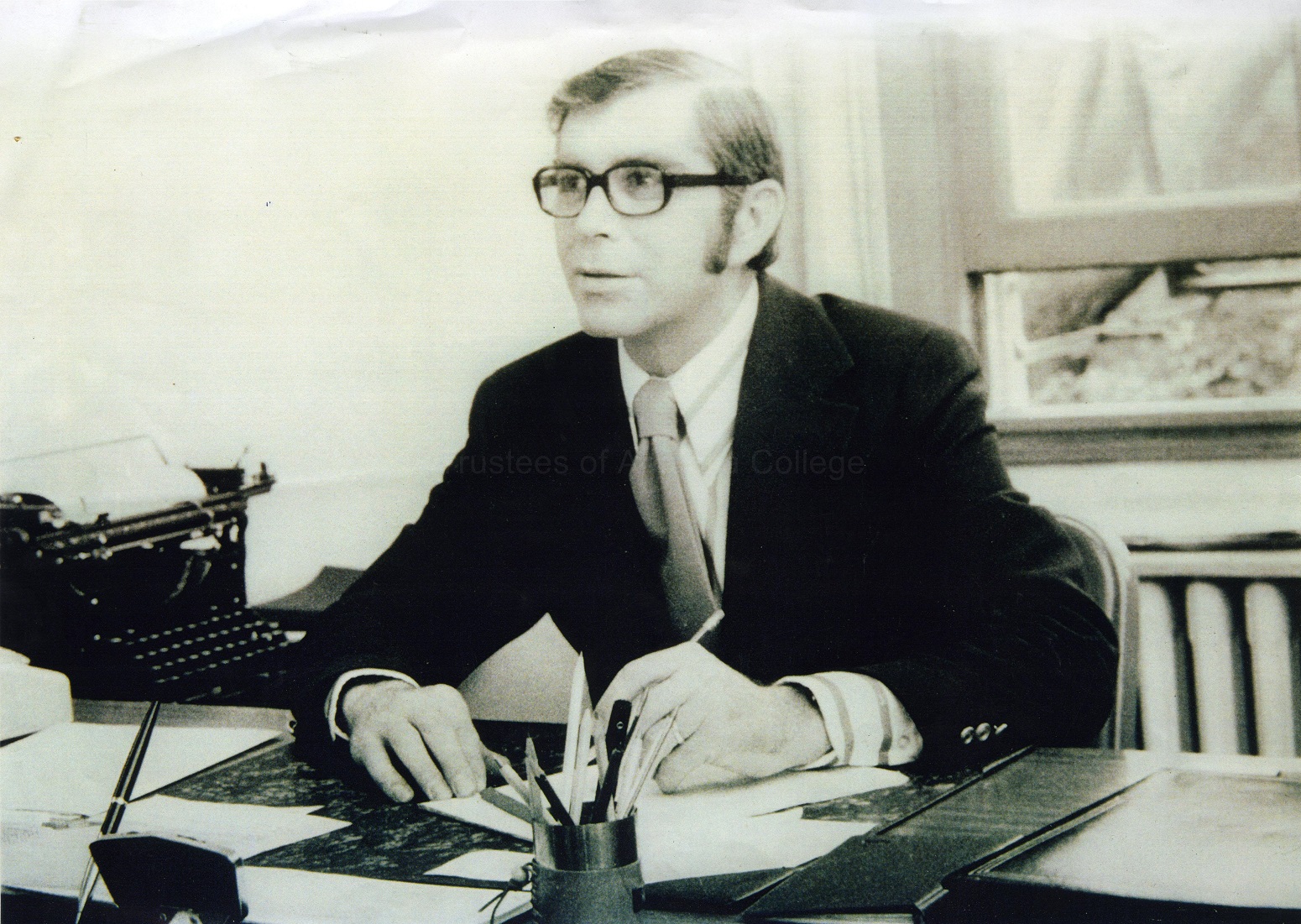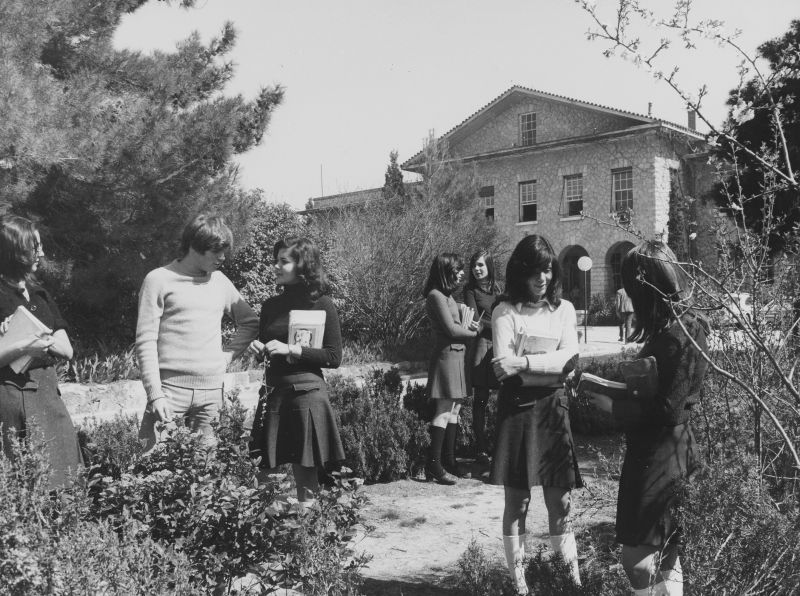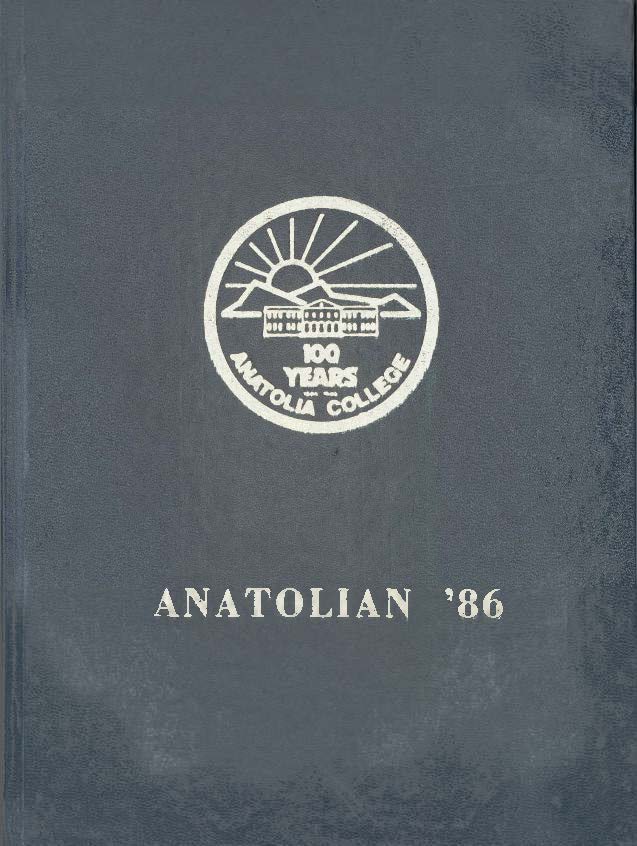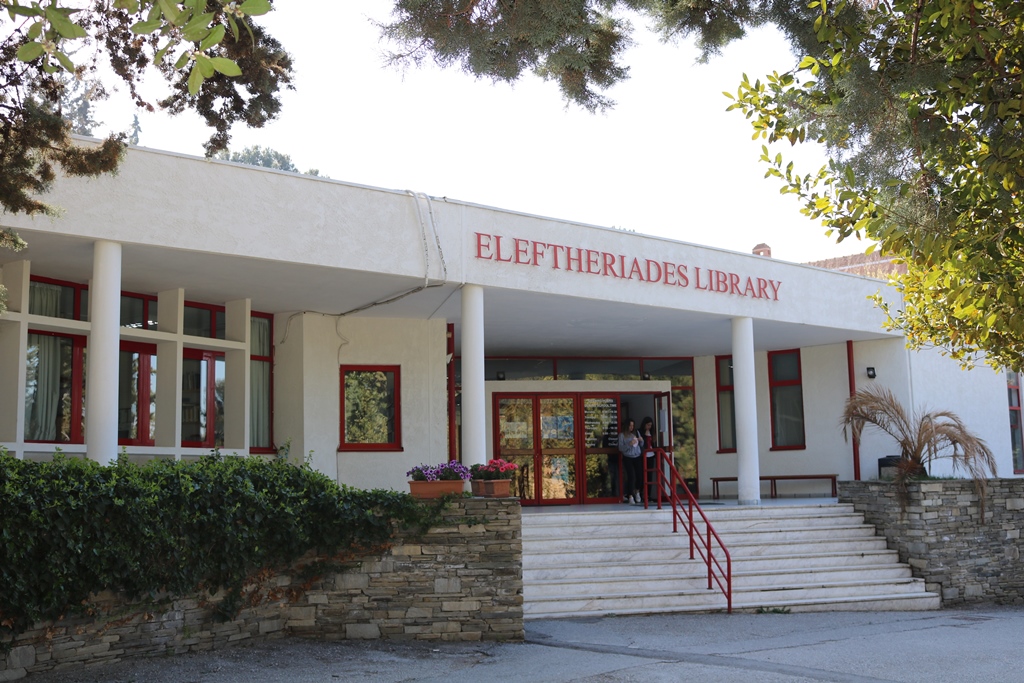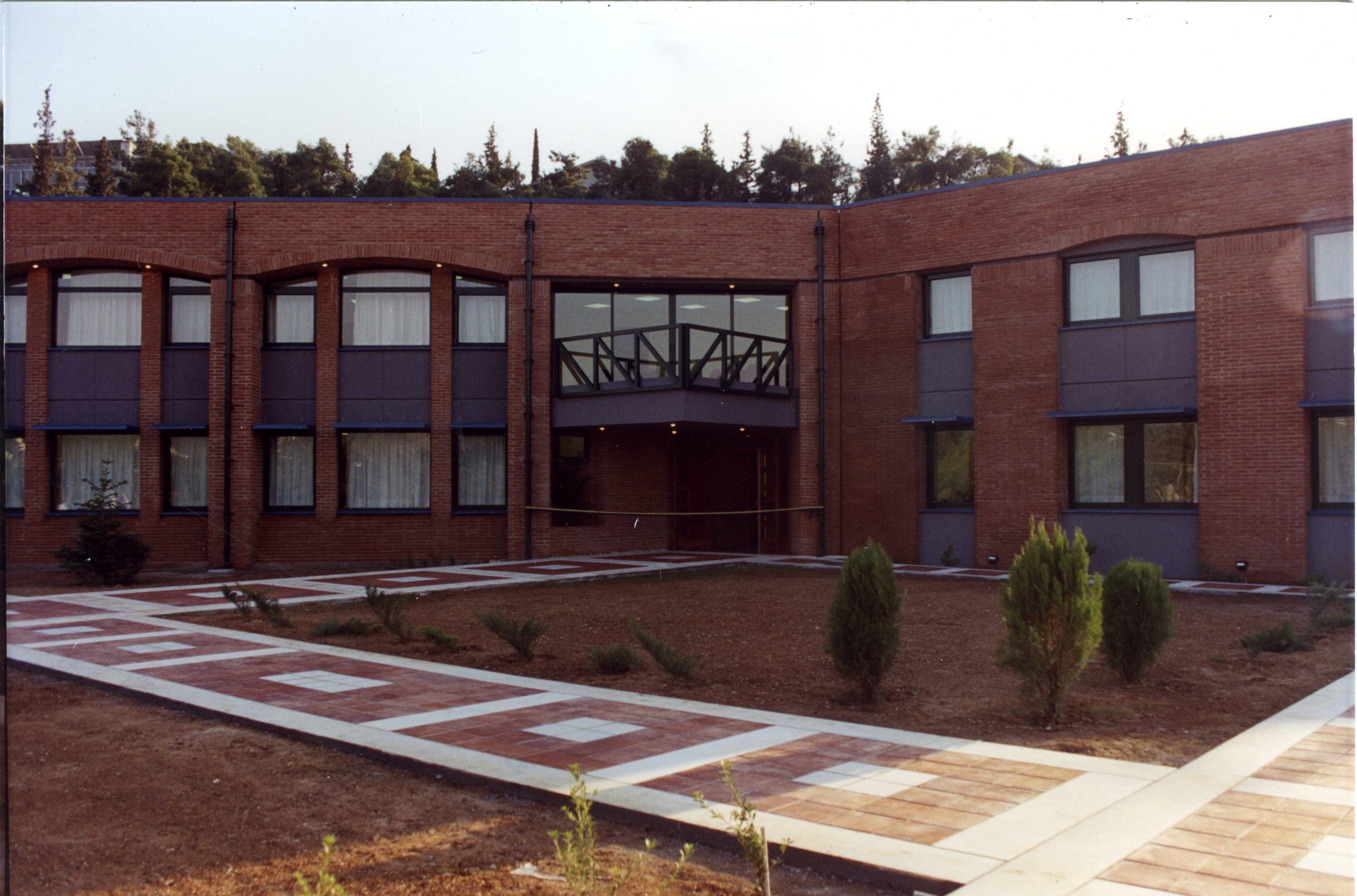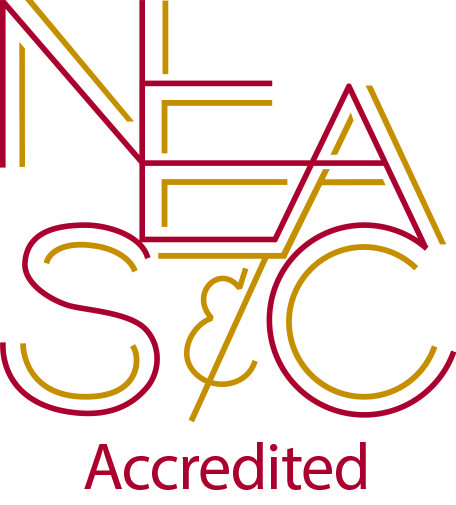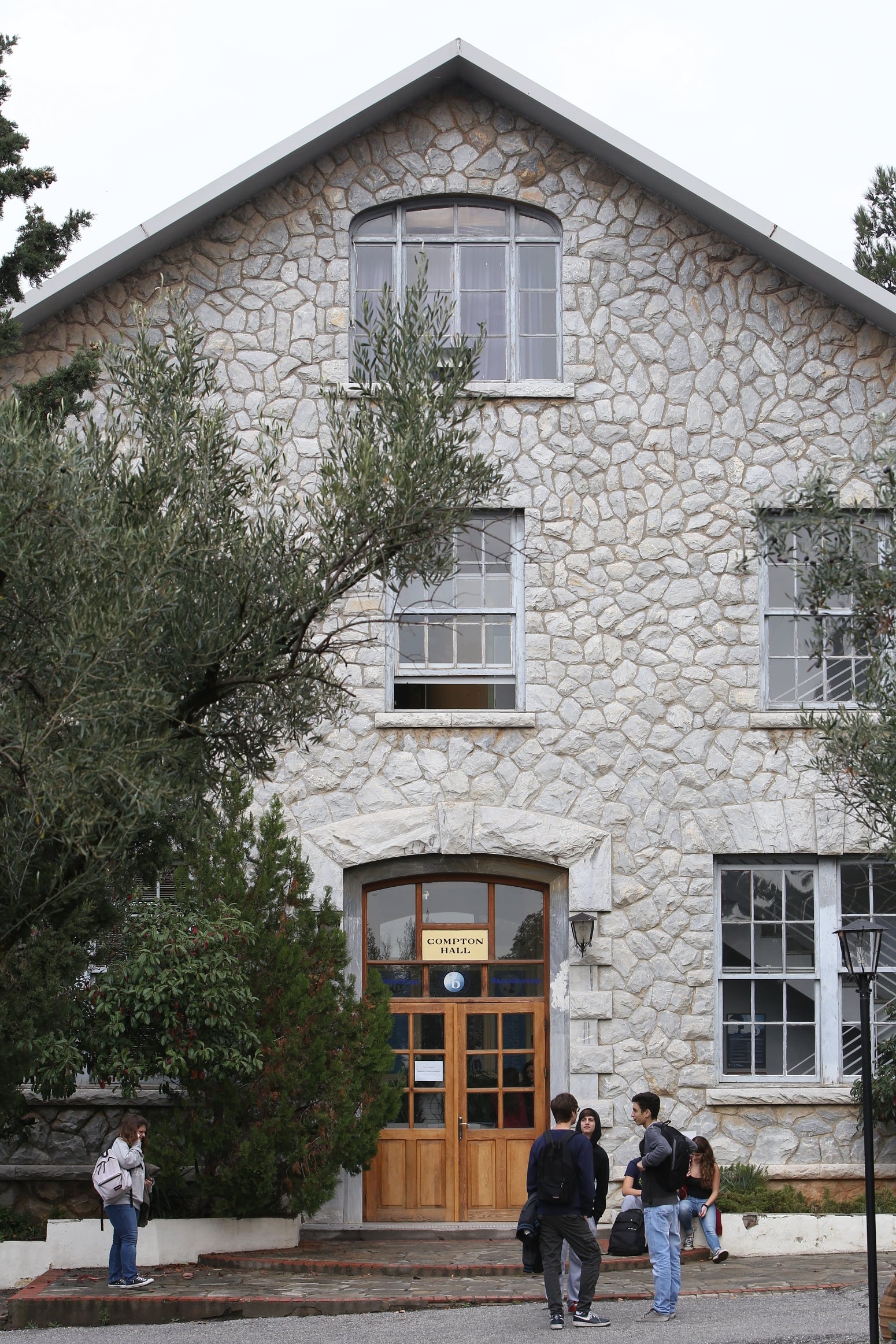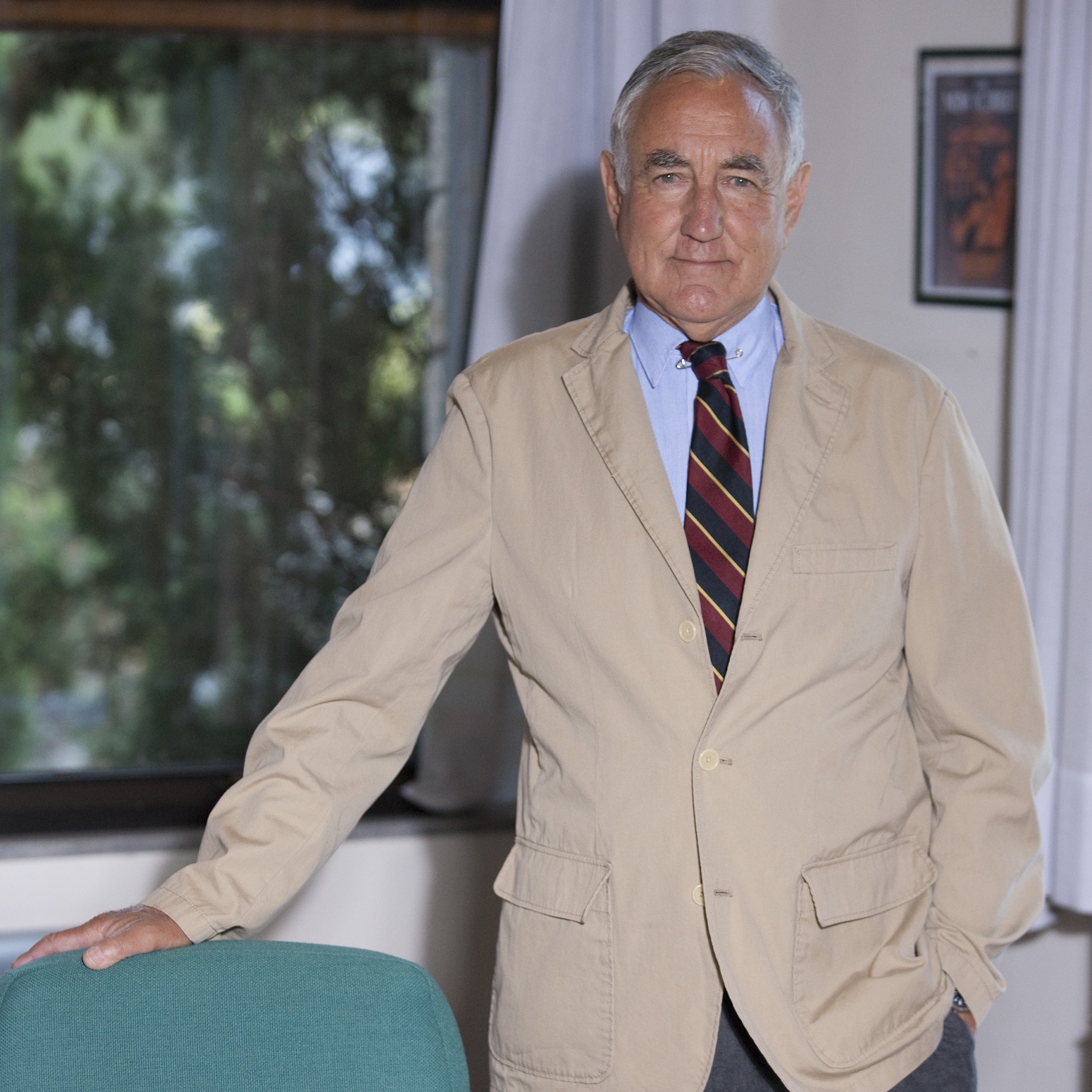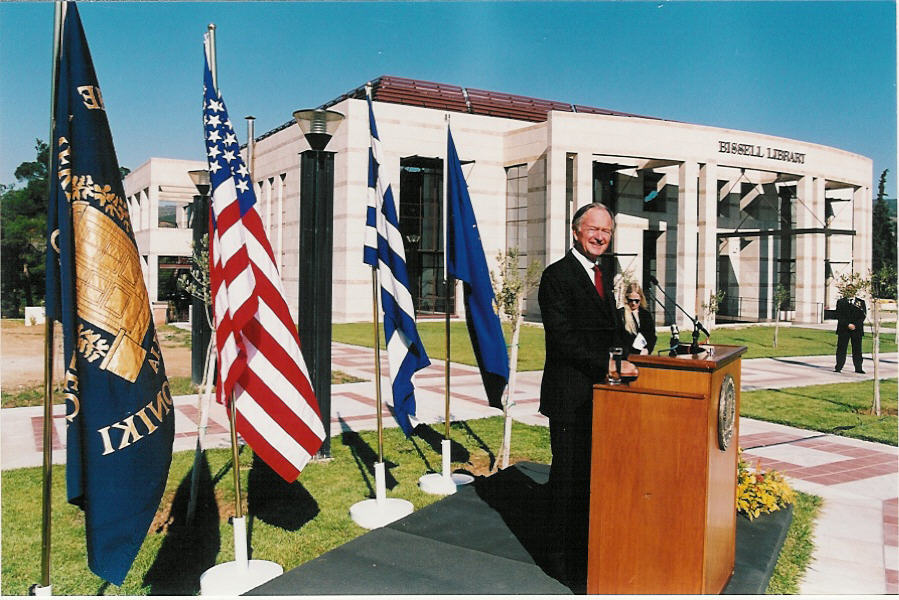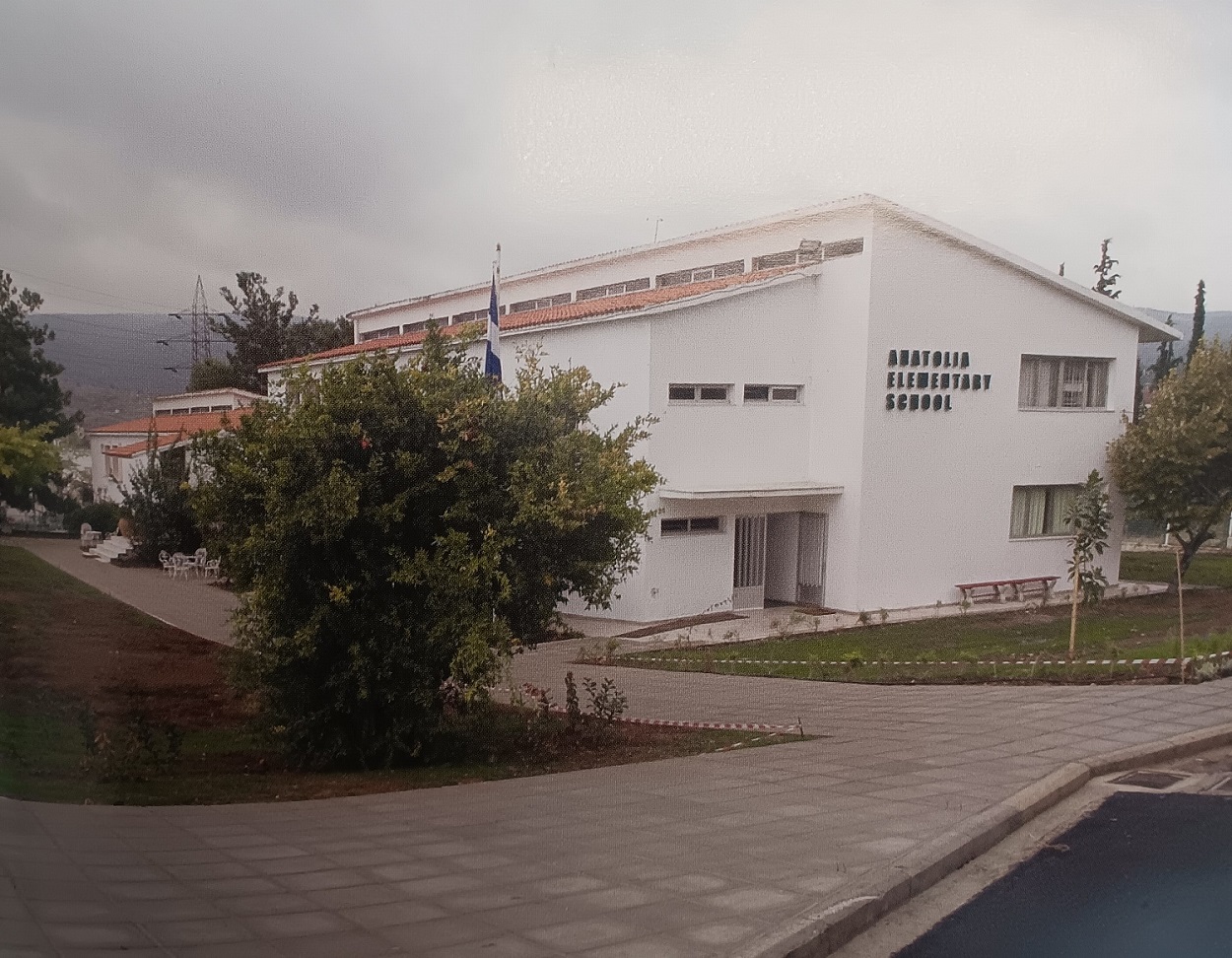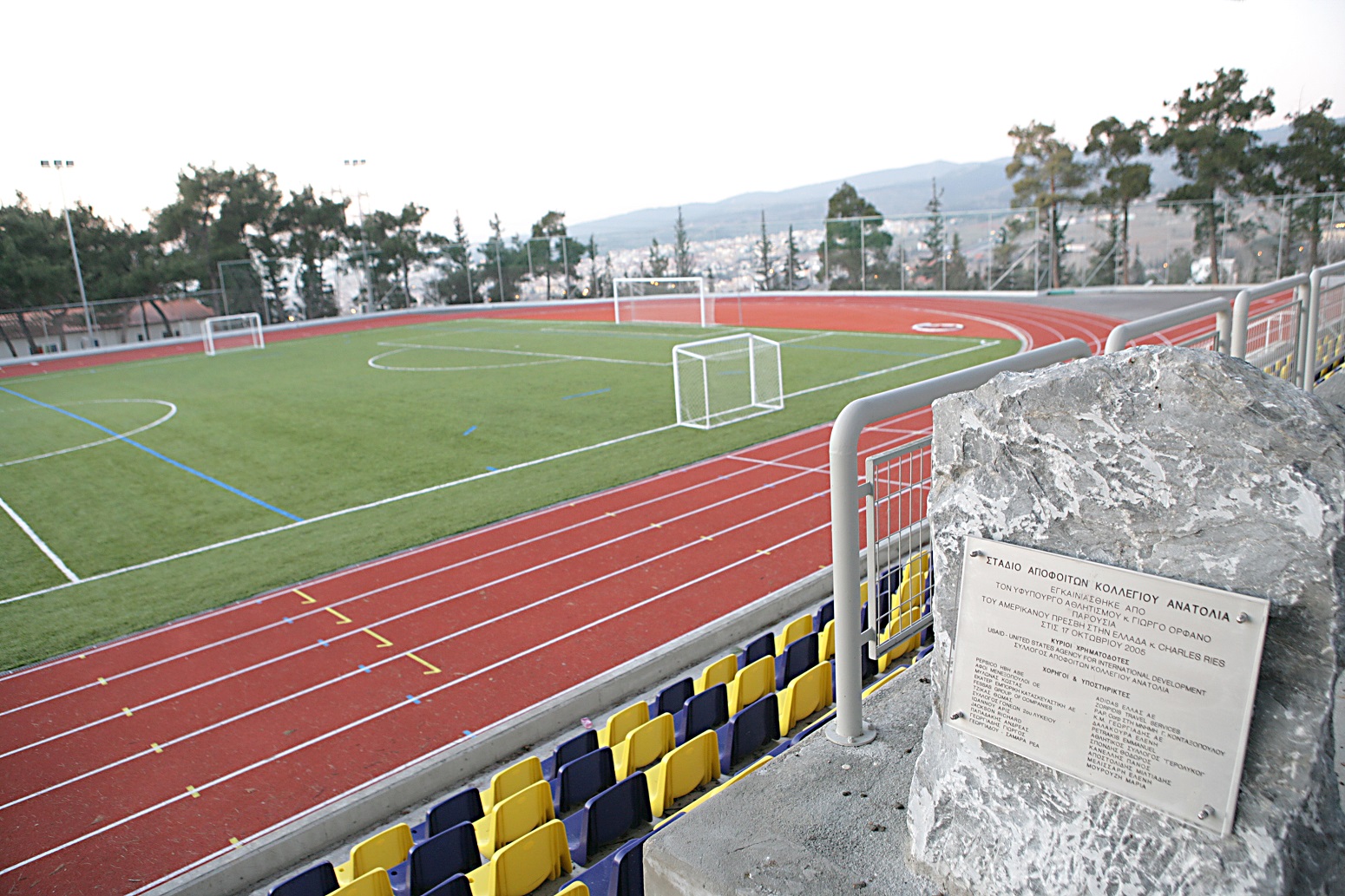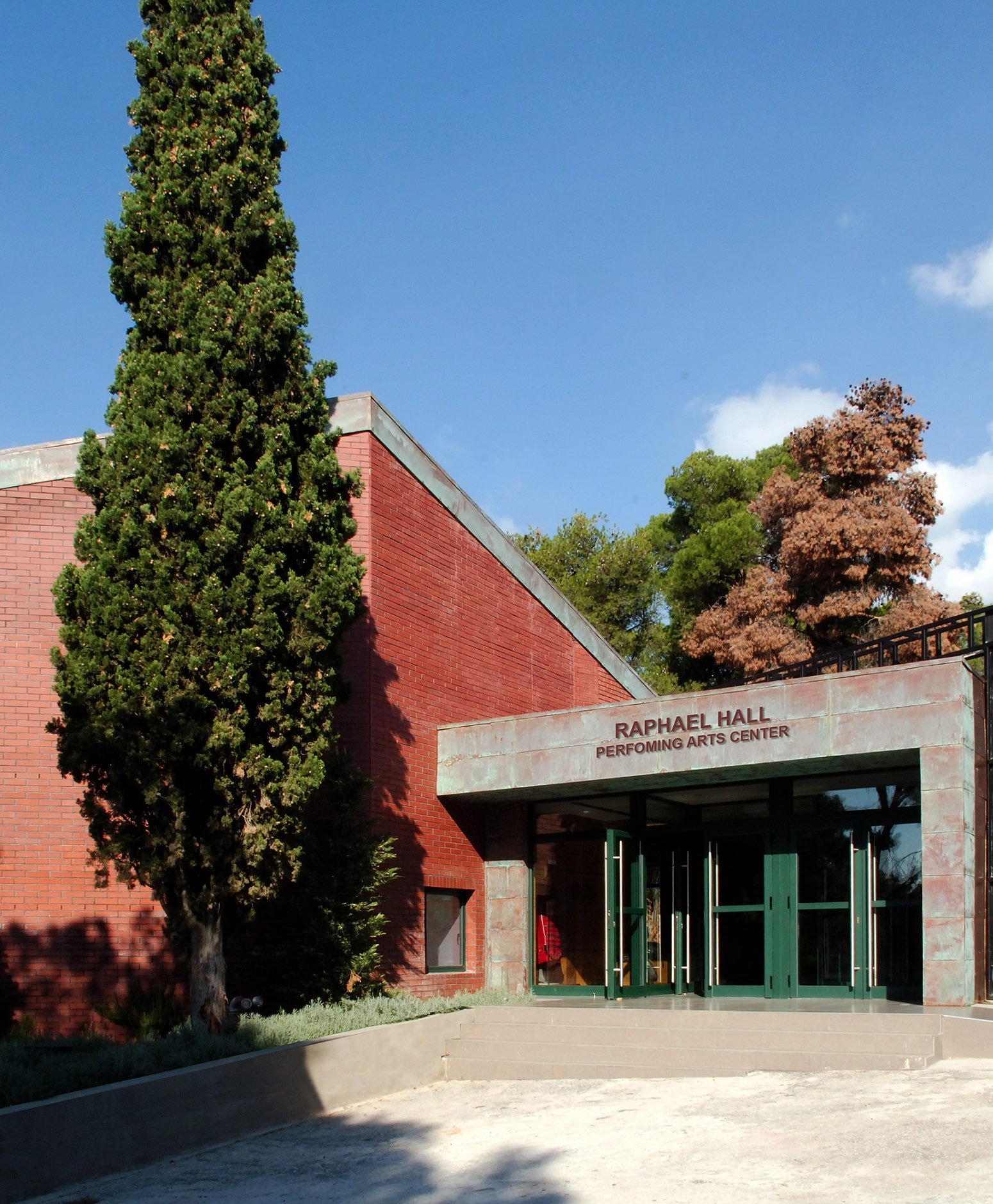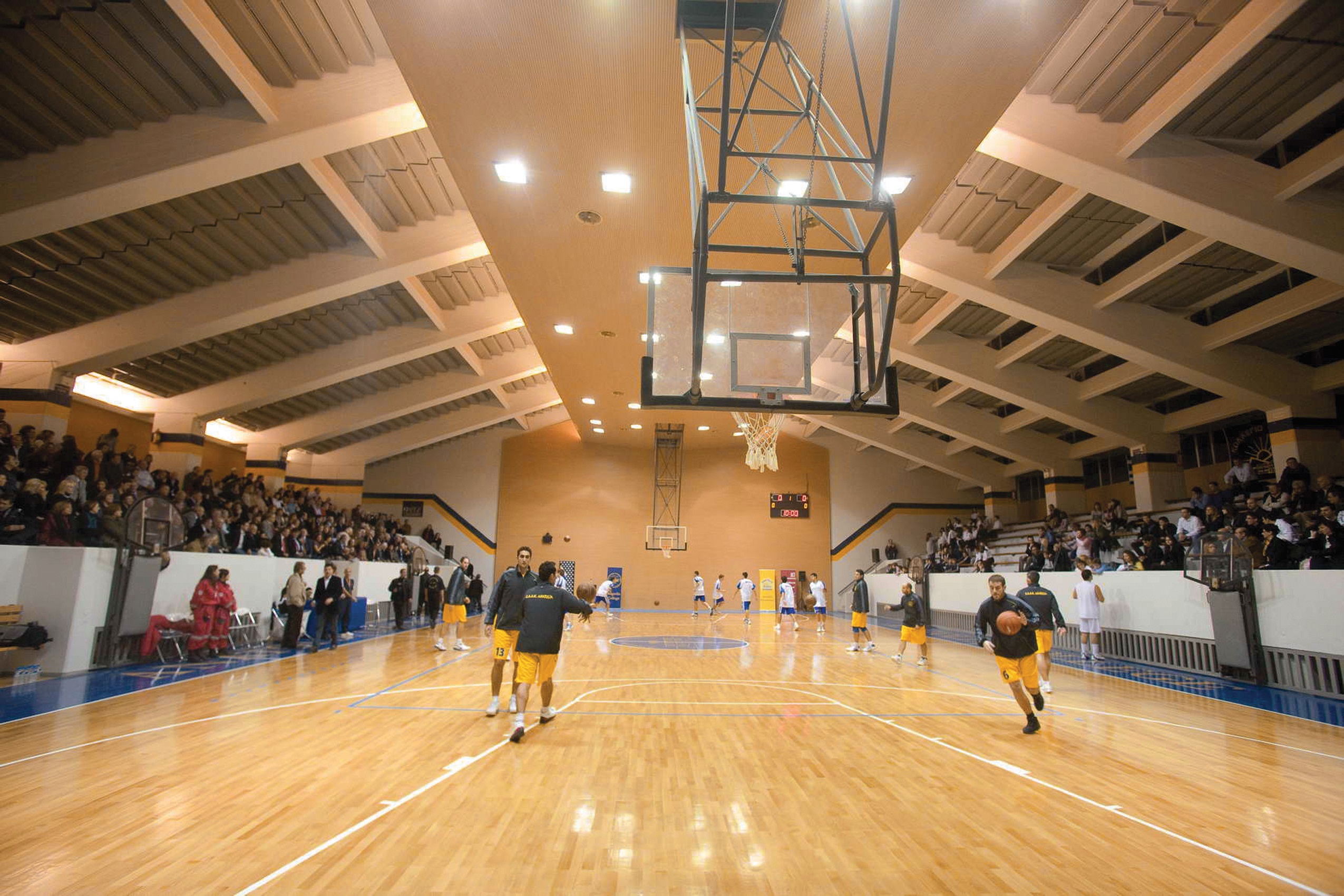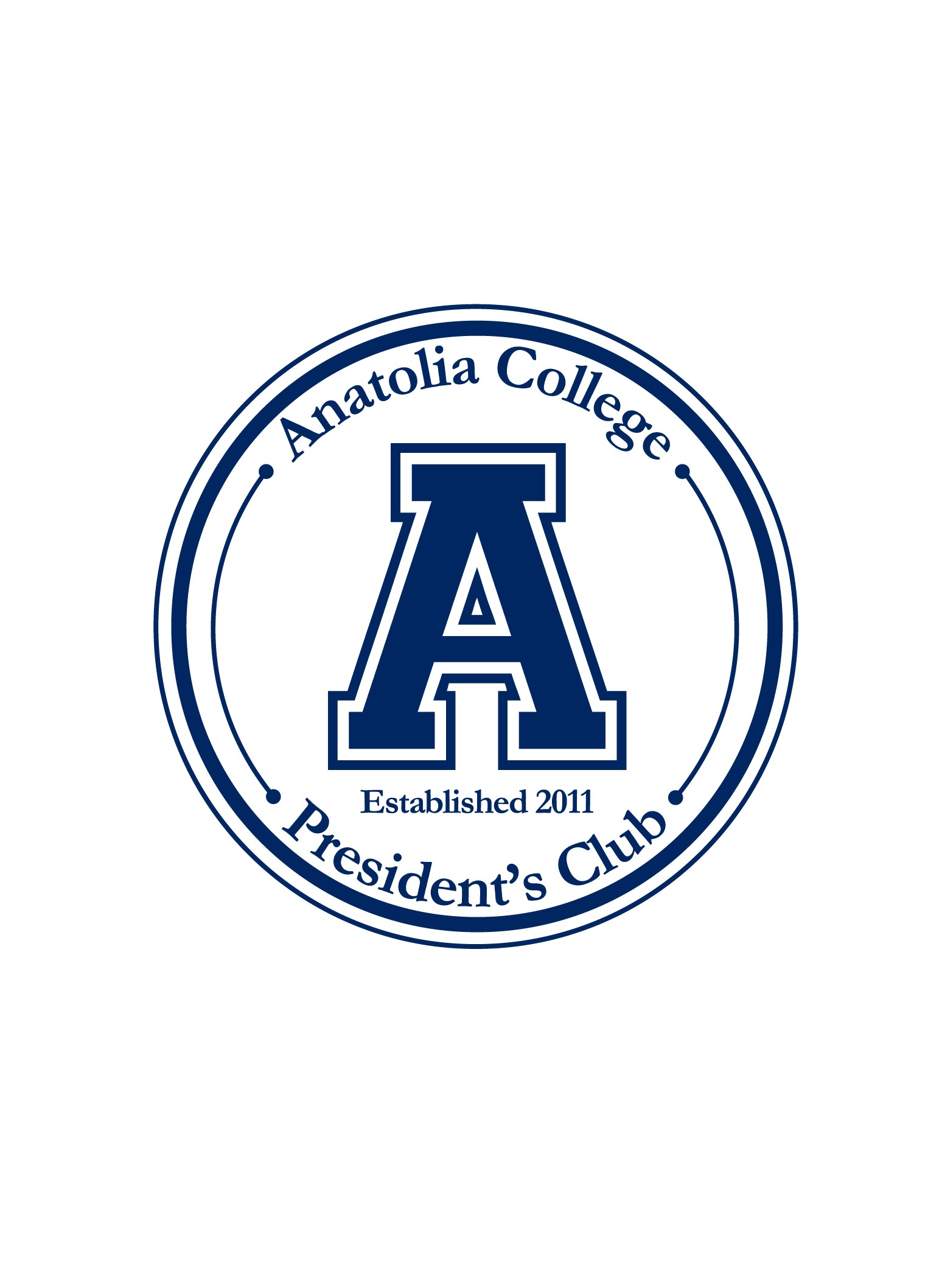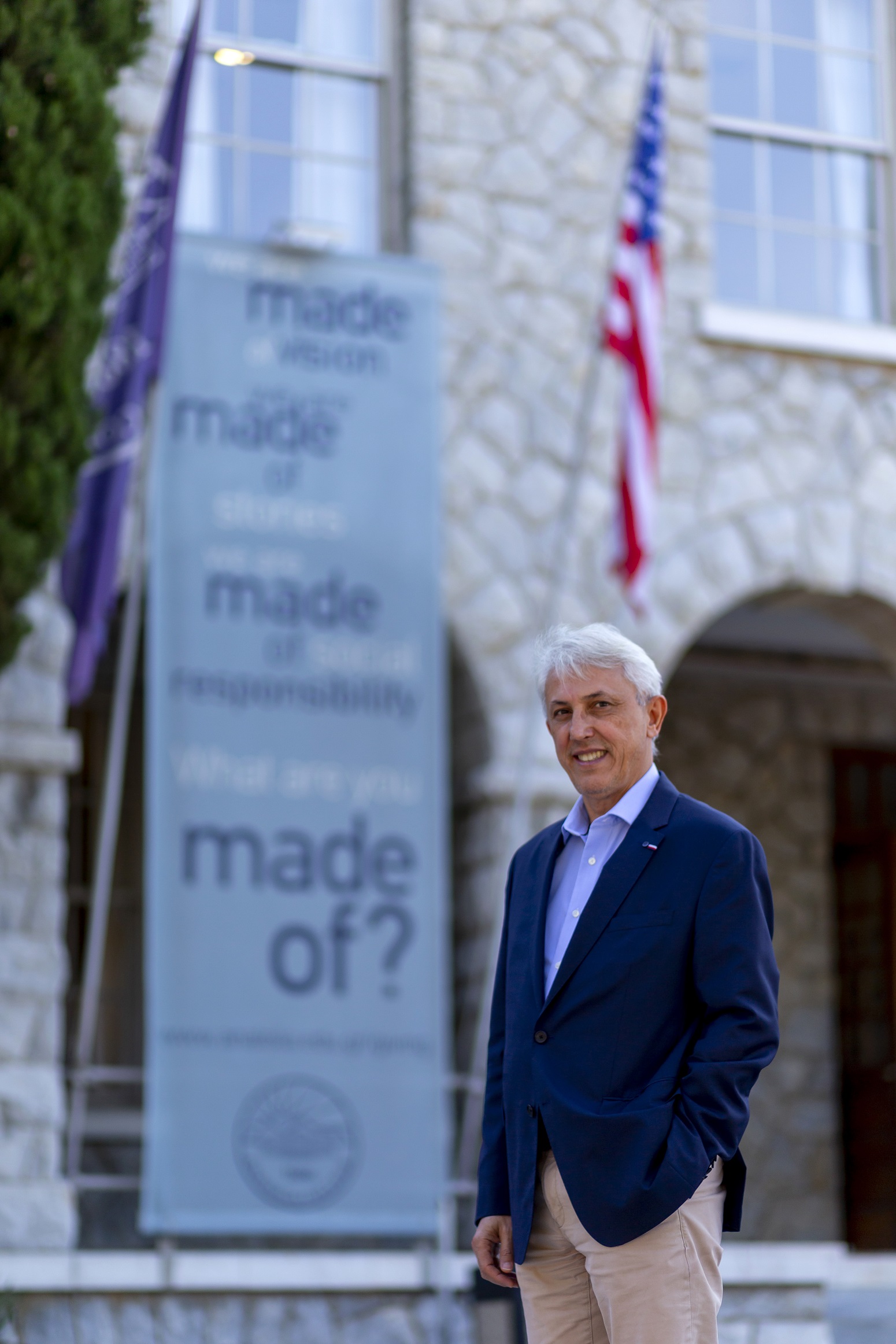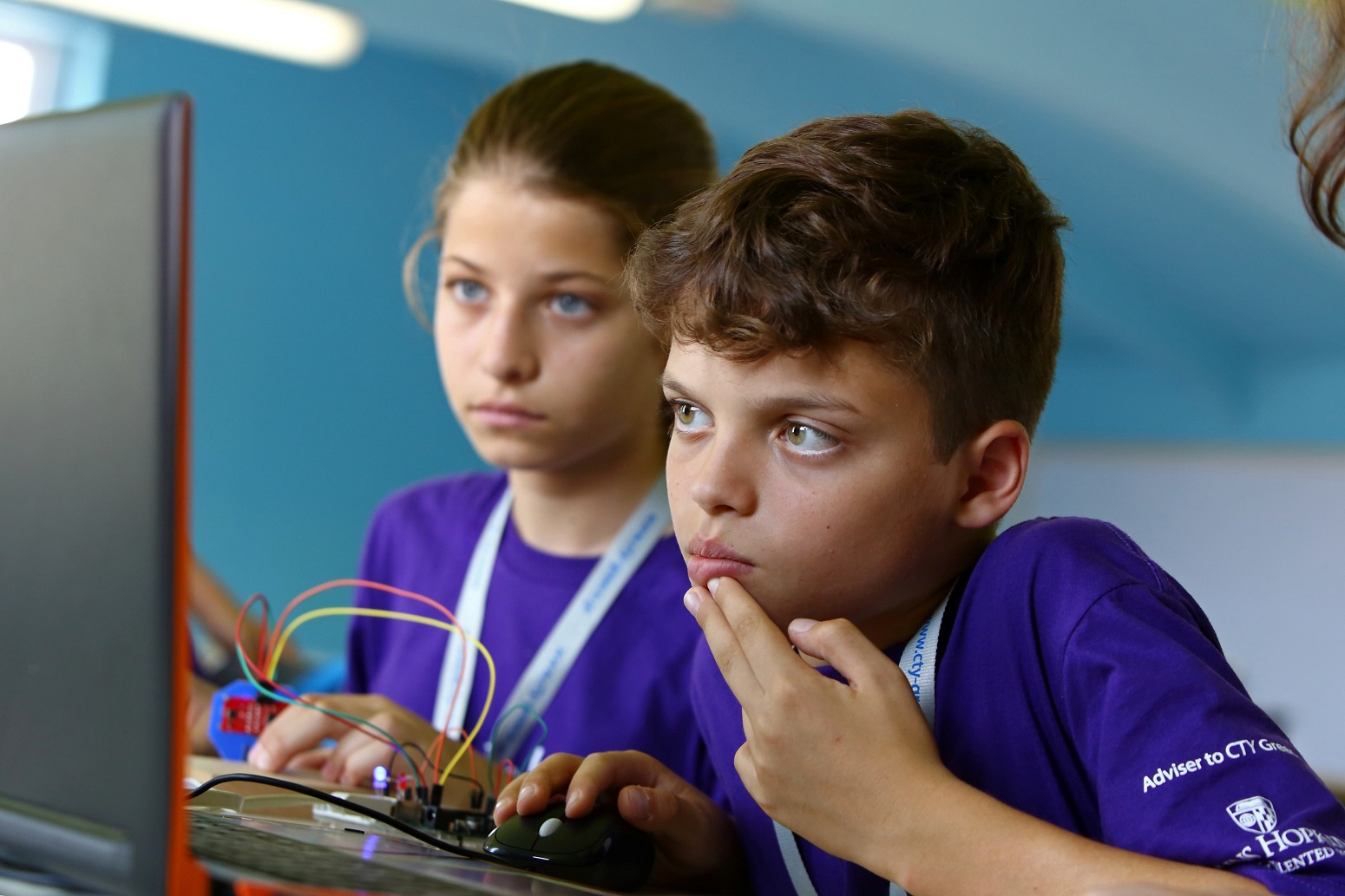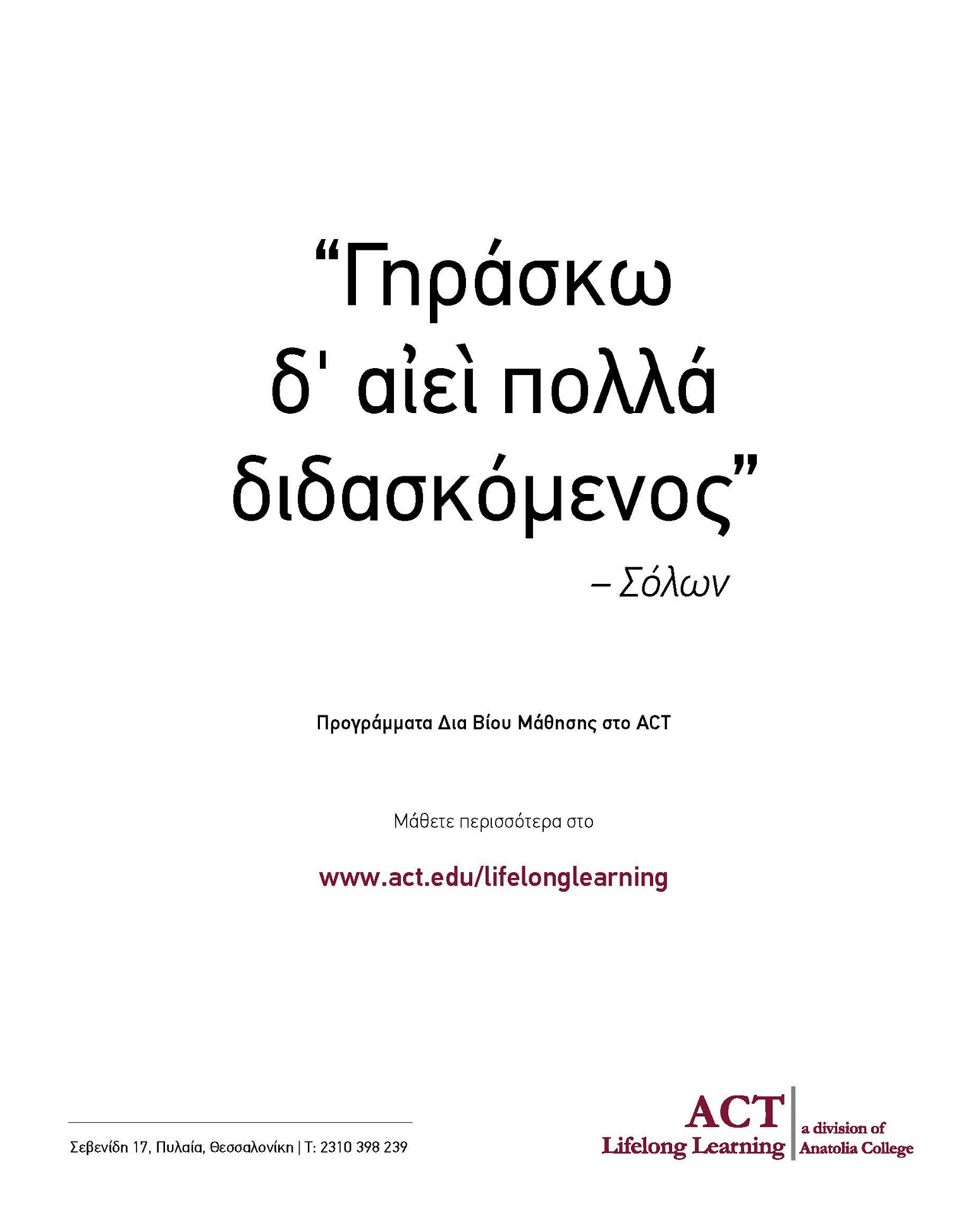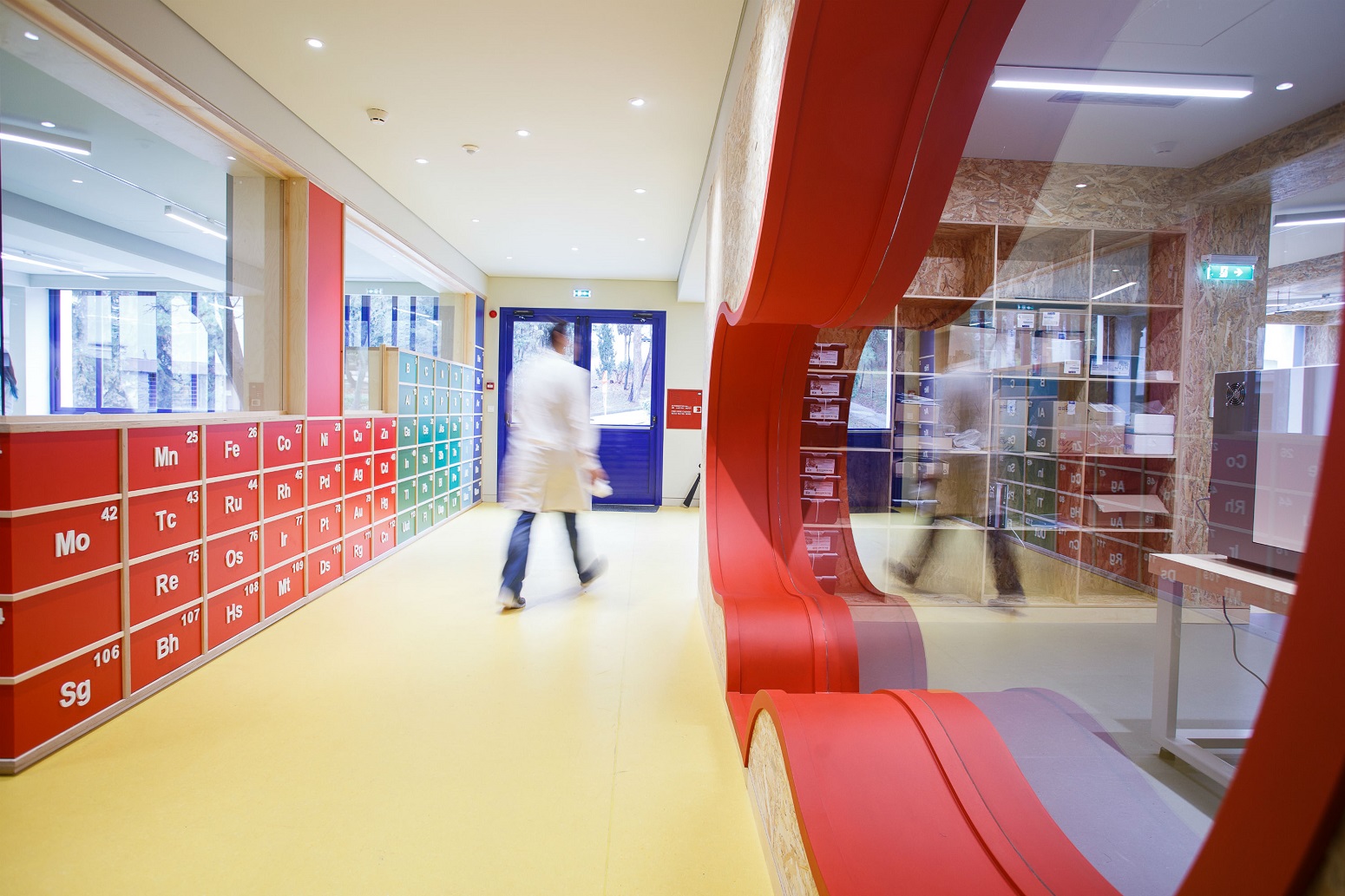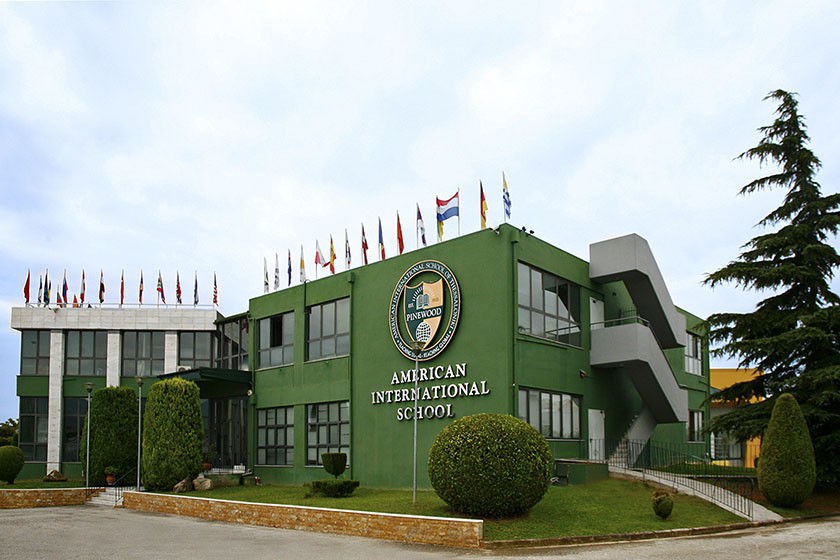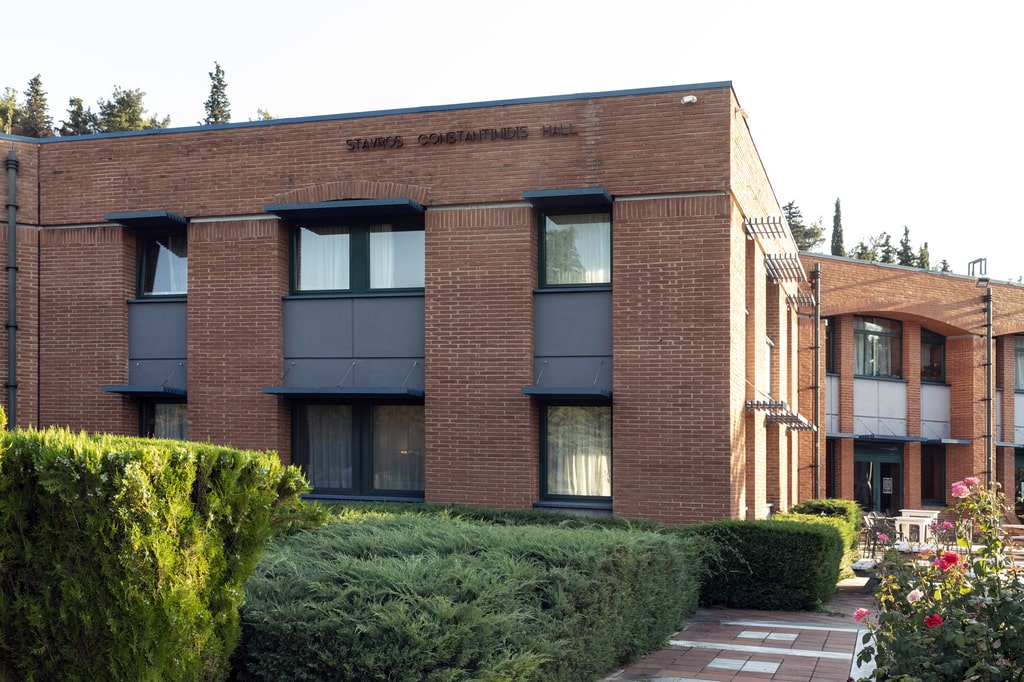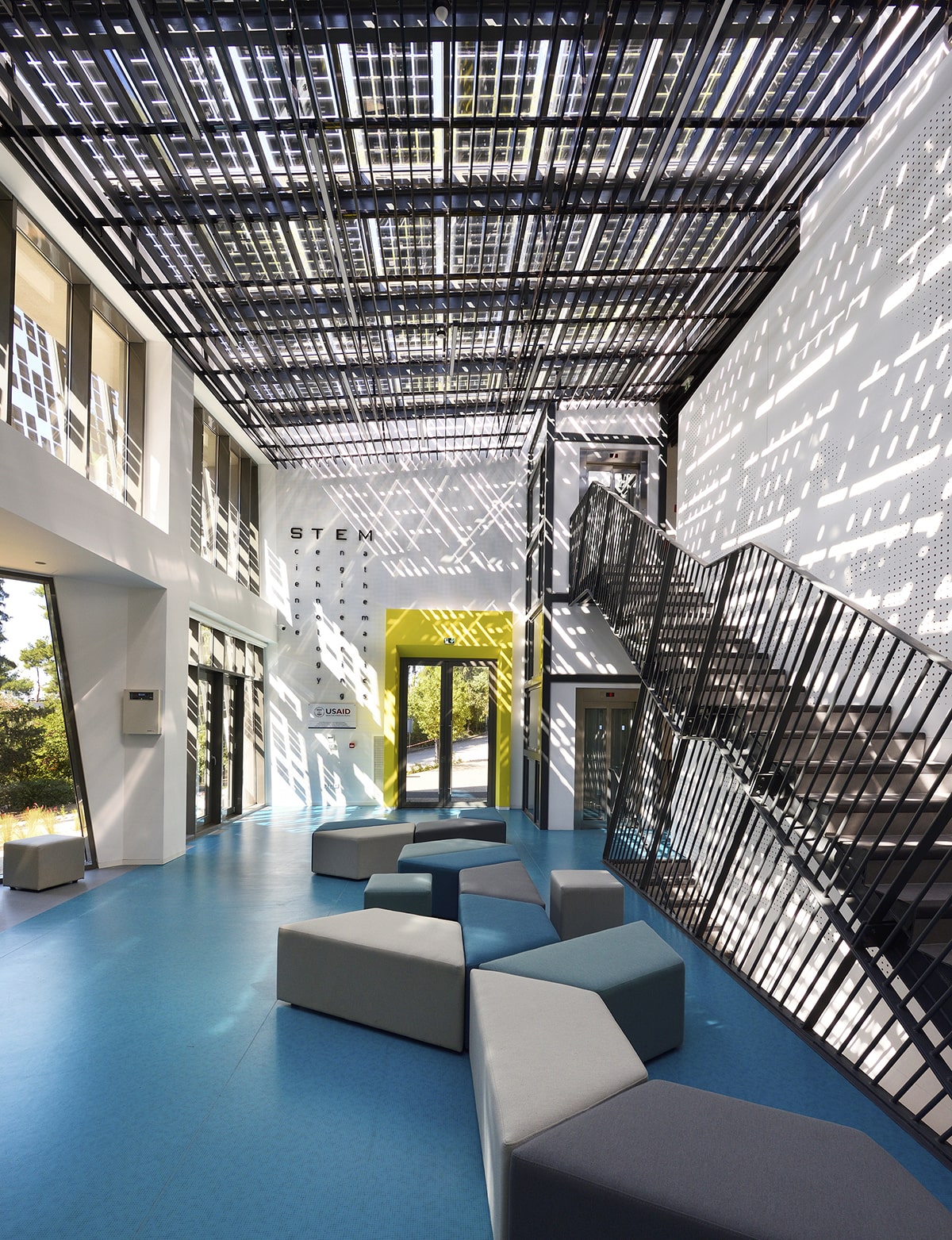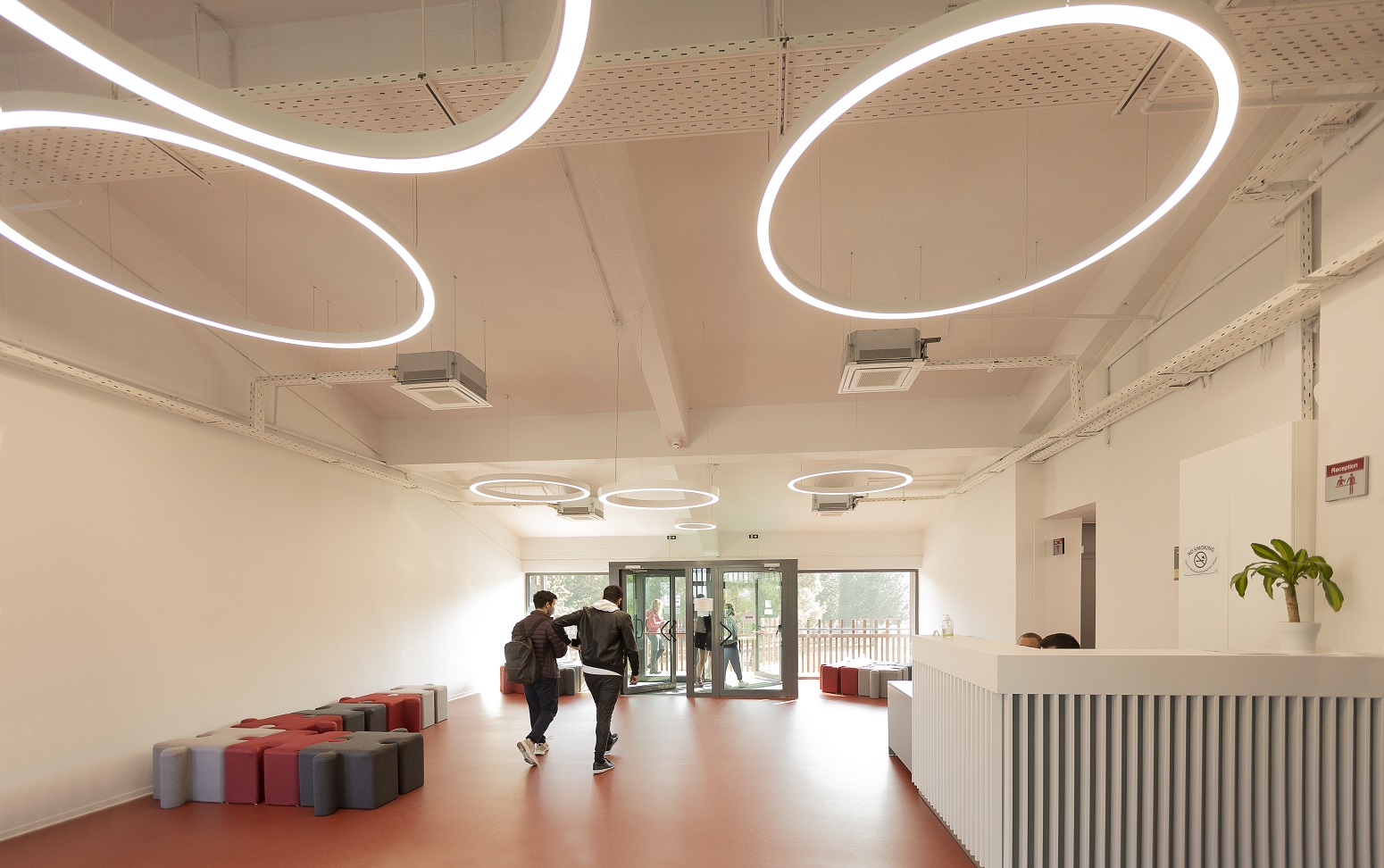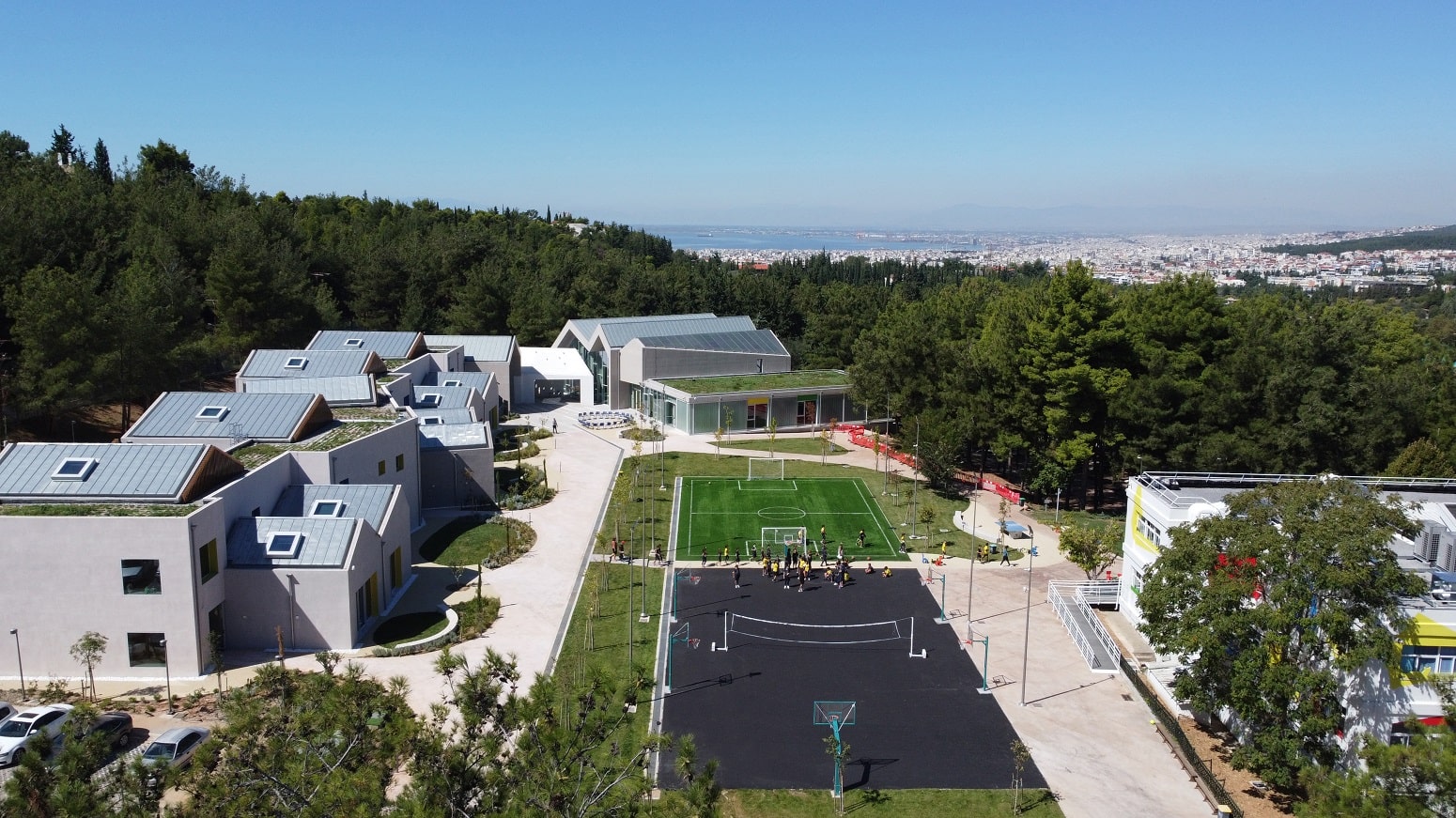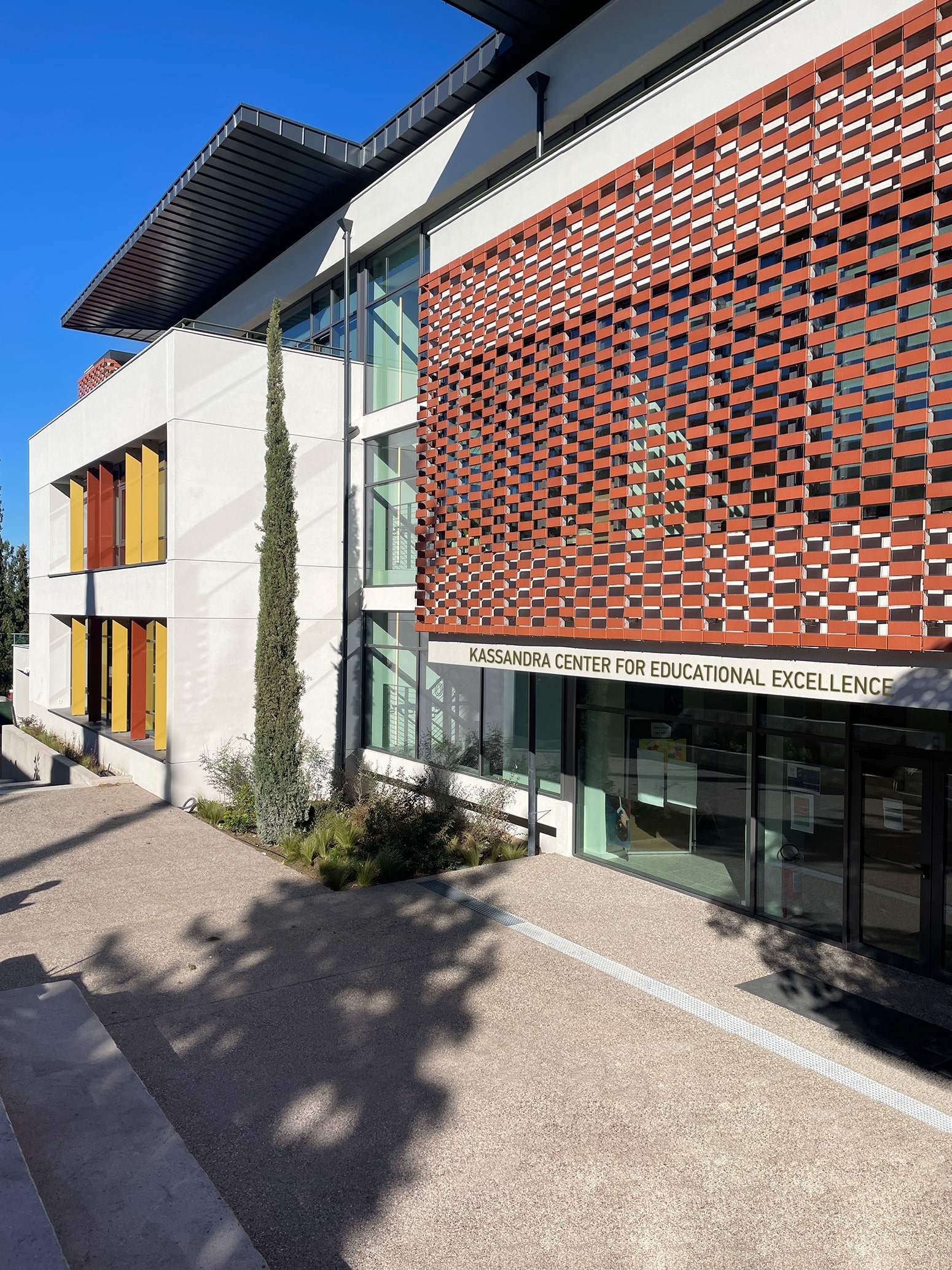Curriculum
The IB Diploma Programme educational model is represented with a circular design, emphasising its holistic and integrated nature. The model is built around the learner profile, a set of attributes that schools aim to develop in pupils using student-centered, independent approaches to teaching and learning. All Diploma candidates are expected to fulfill three core and interlinked requirements: to follow classes on Theory of Knowledge, to complete a research paper known as the Extended Essay and to demonstrate engagement with Creativity-Action-Service. Moving outwards the model shows six areas of knowledge: students must choose to study one subject from each one of these areas, three at Higher Level (240 tuition hours) and another three at Standard Level (150 tuition hours). The model is enclosed by international mindedness, a central principle of the IBDP philosophy."
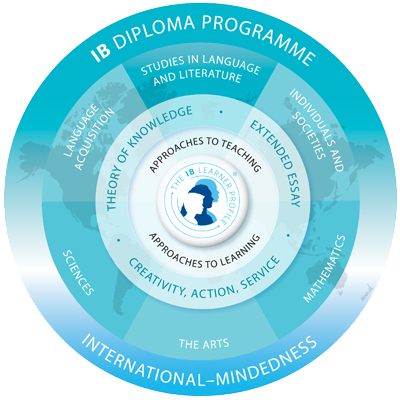 Diploma candidates are required to select one subject from each of the six groups. At least three have to be taken at higher level (a minimum of 240 teaching hours) and the others at standard level (min. 150 hours). To obtain an IB diploma a student must also fulfil the three core requirements: Theory of Knowledge, Extended Essay and CAS.
Diploma candidates are required to select one subject from each of the six groups. At least three have to be taken at higher level (a minimum of 240 teaching hours) and the others at standard level (min. 150 hours). To obtain an IB diploma a student must also fulfil the three core requirements: Theory of Knowledge, Extended Essay and CAS.
List of subjects offered at Anatolia & Pinewood IBDP
Group 1: Language & Literature
- English A - Literature
- English A - Language & Literature
- Modern Greek A - Literature
- Modern Greek A - Language & Literature
For most Anatolia & Pinewood students it is English or Greek. Other languages may also be offered to students with a different mother tongue. In this case Anatolia & Pinewood appoint and supervise an external instructor who teaches the course on a private basis (charged extra). If no suitable instructor is available, a student may take this subject as a Self-taught candidate.
Group 2: Language Acquisition
- Language Ab Initio (French, Spanish, Mandarin)
- Language B HL (English, French, Spanish)
- Language B SL (English, French, Spanish)
All Diploma candidates have to take a second modern language at a level, which, depending on their previous exposure to that language, may be either at level A as above, if they are highly competent, or B, if they have some previous experience in the language, or ab initio for beginners.
Group 3: Individuals and Societies
- Business Management
- Economics
- Global Politics
- History
- Psychology
- Environmental Systems and Societies (SL only)
Group 4: Experimental Sciences
Group 5: Mathematics
- Mathematics: Analysis & Approaches (SL & HL)
- Mathematics: Applications & Interpretations (SL)
- Mathematics FAQ

